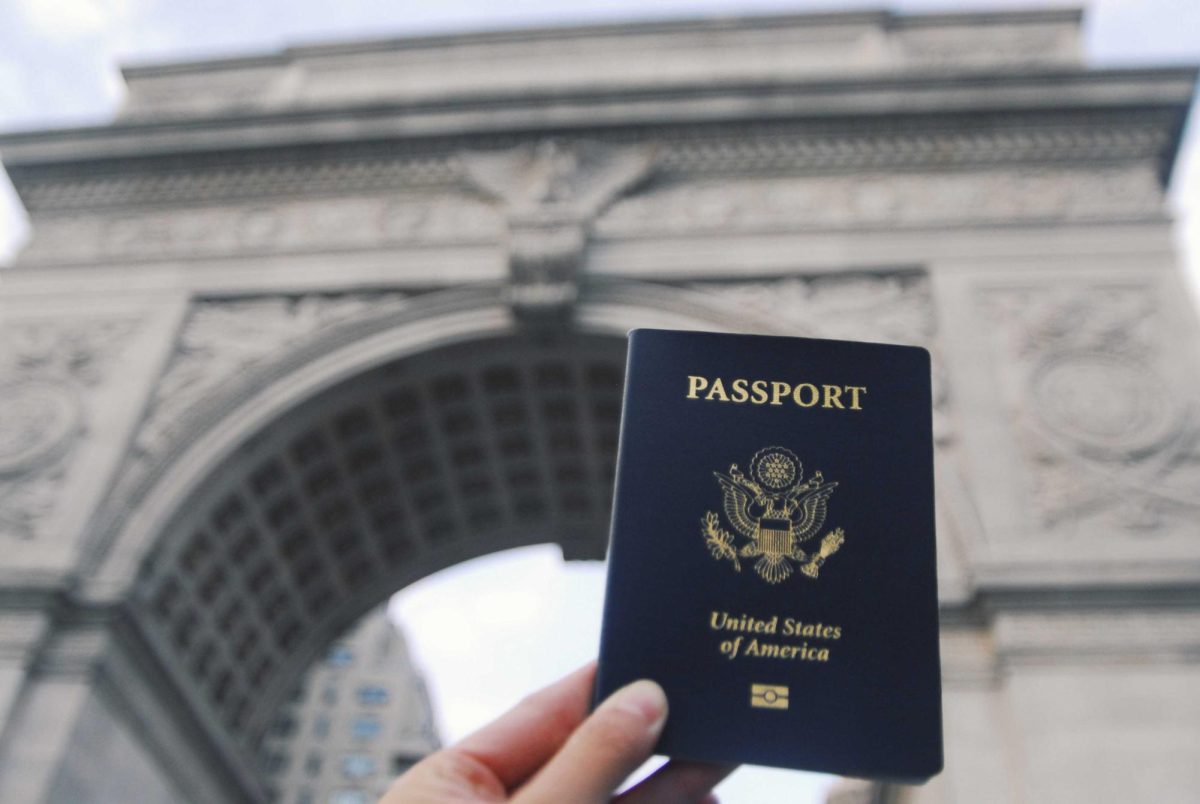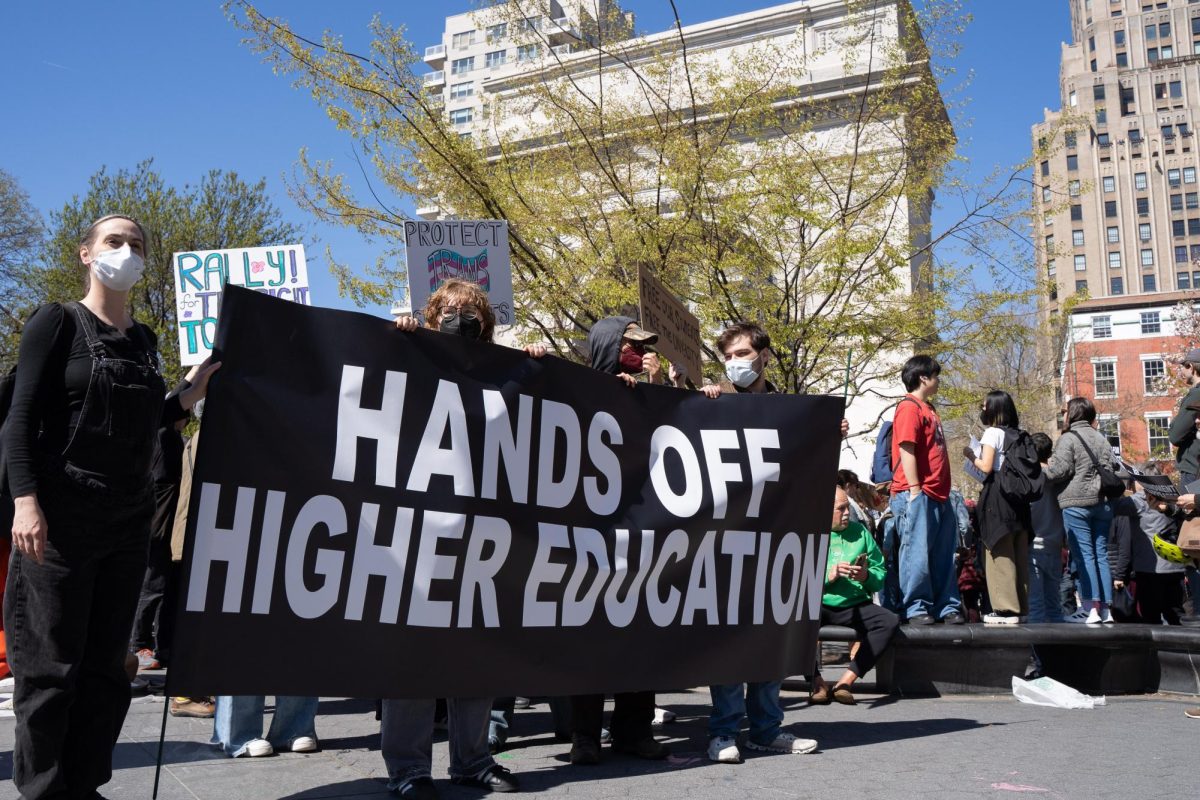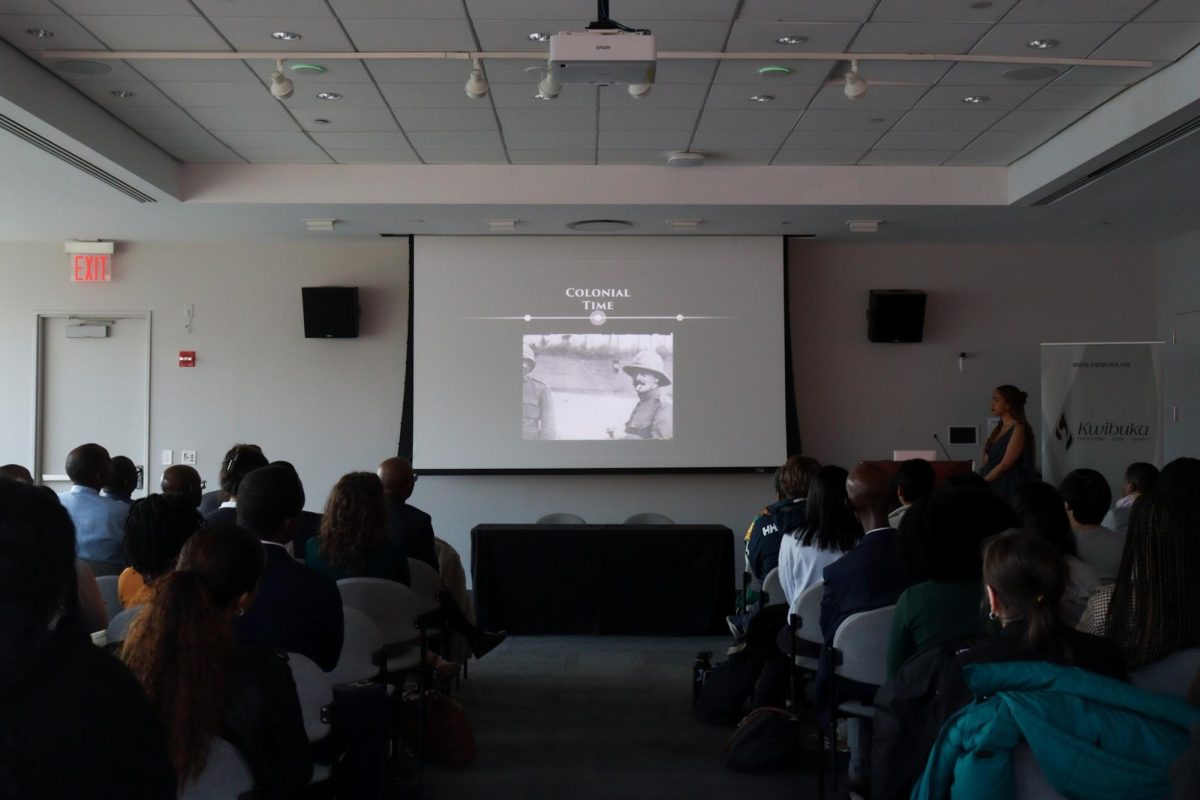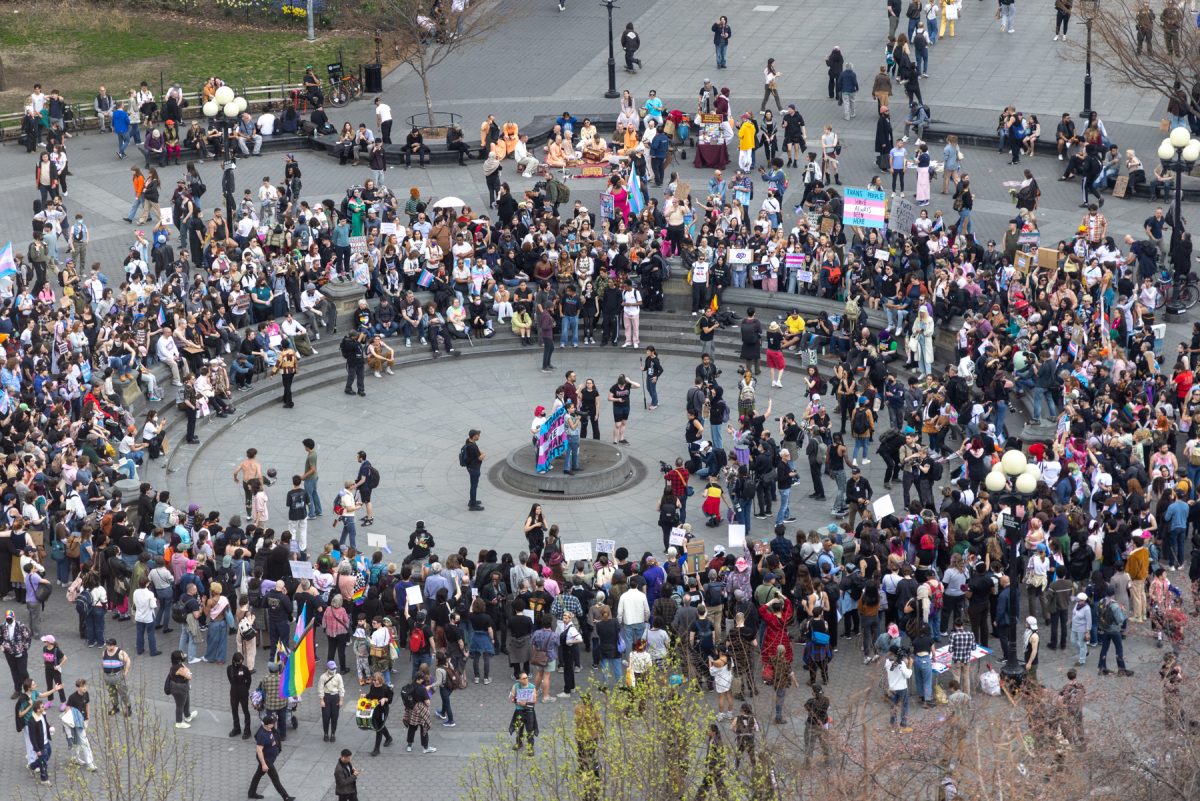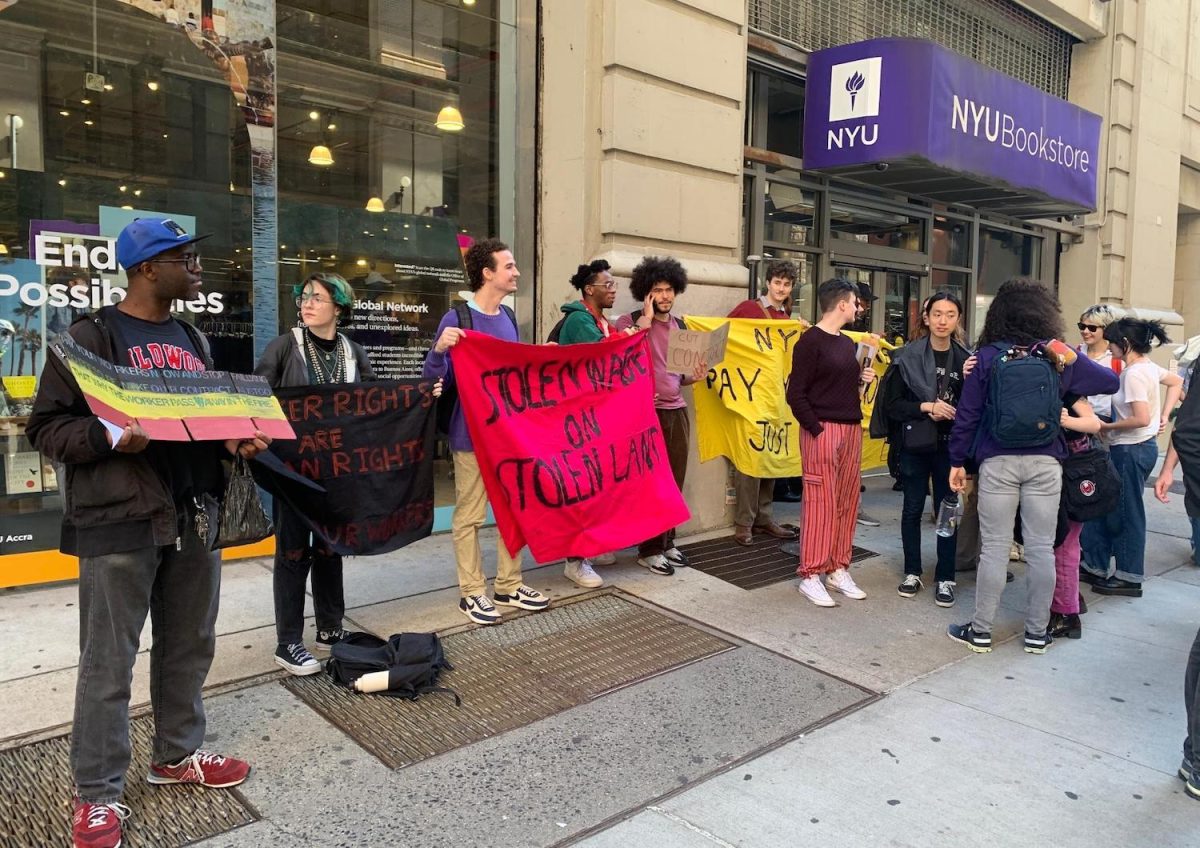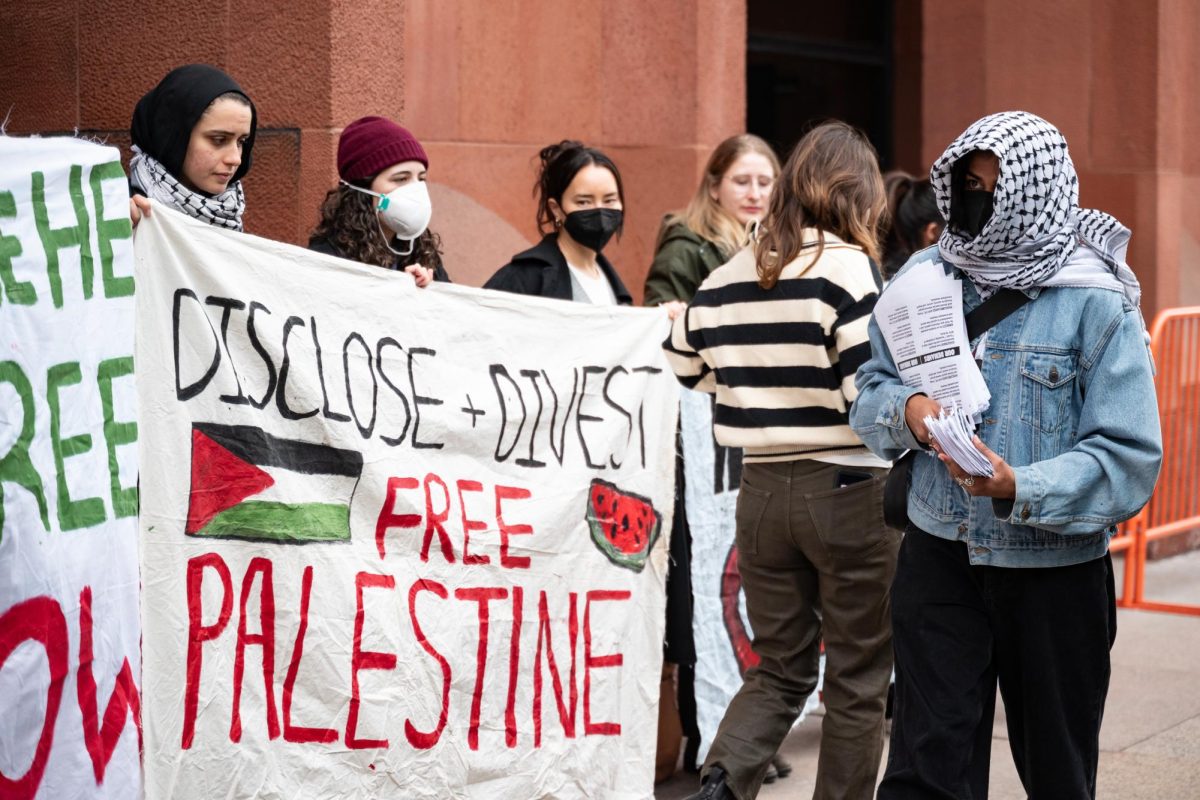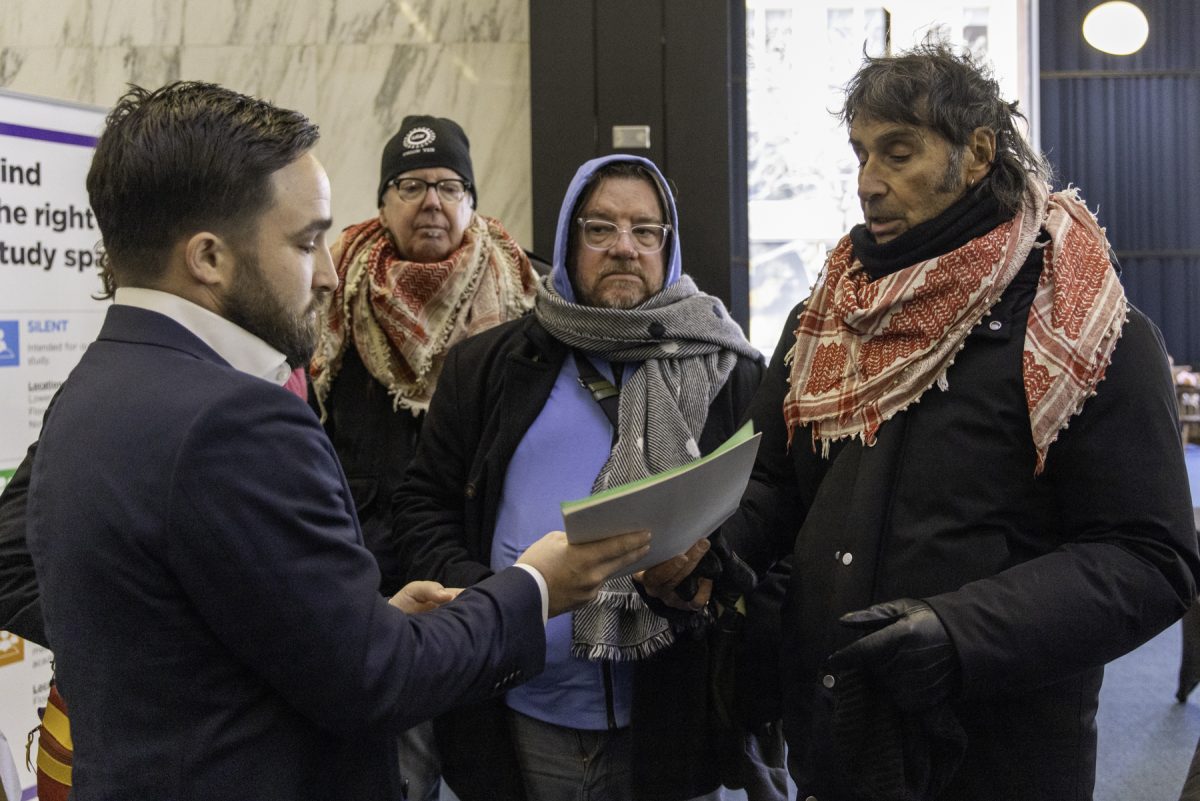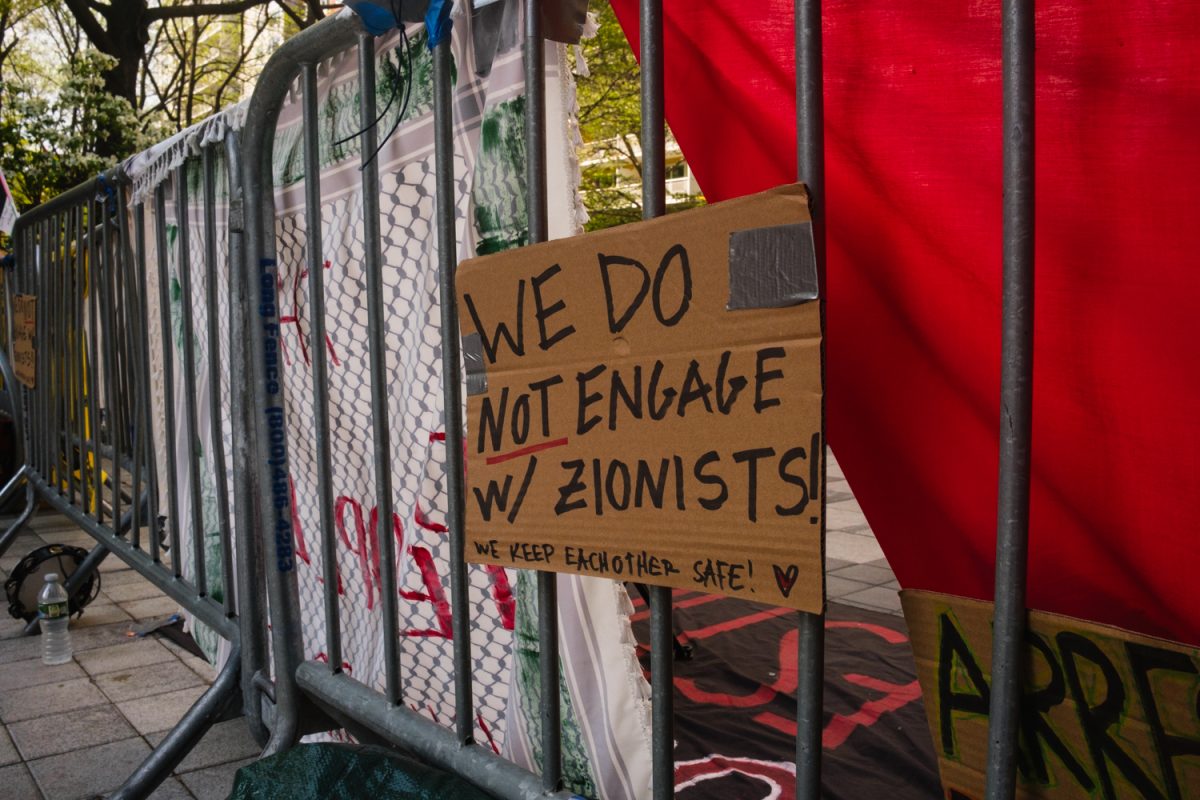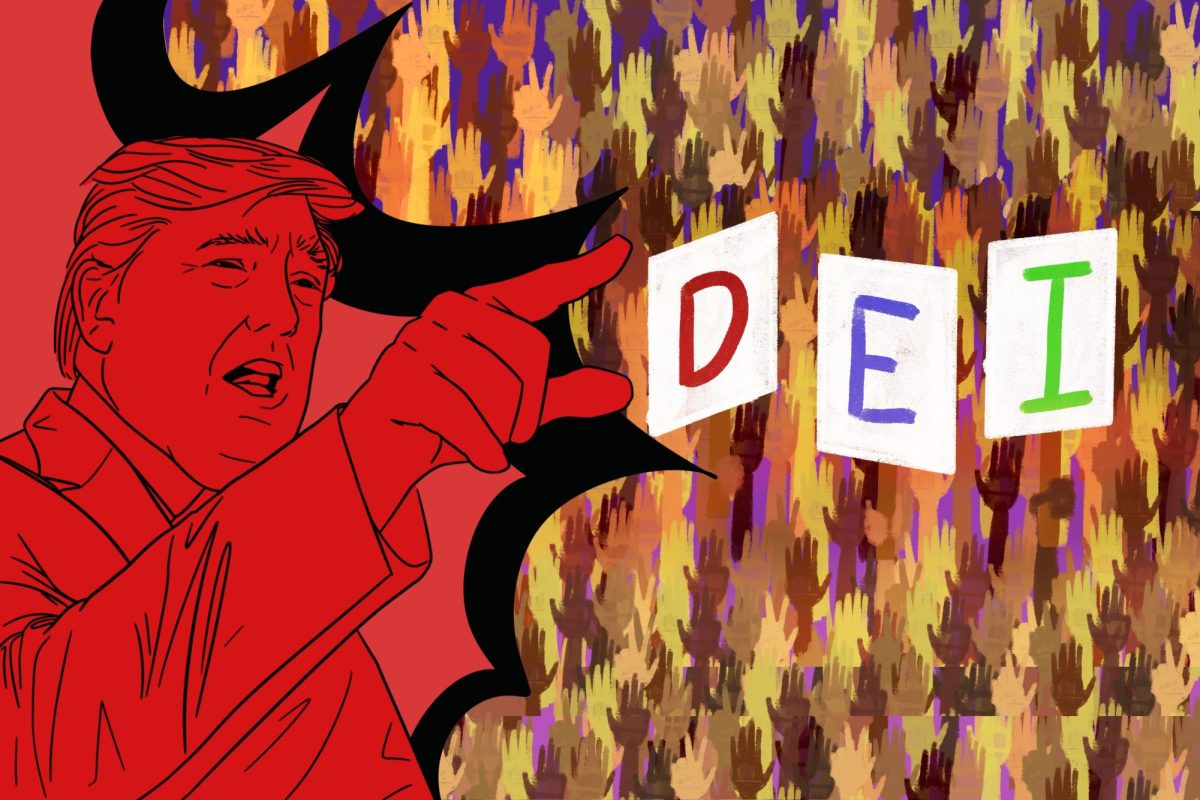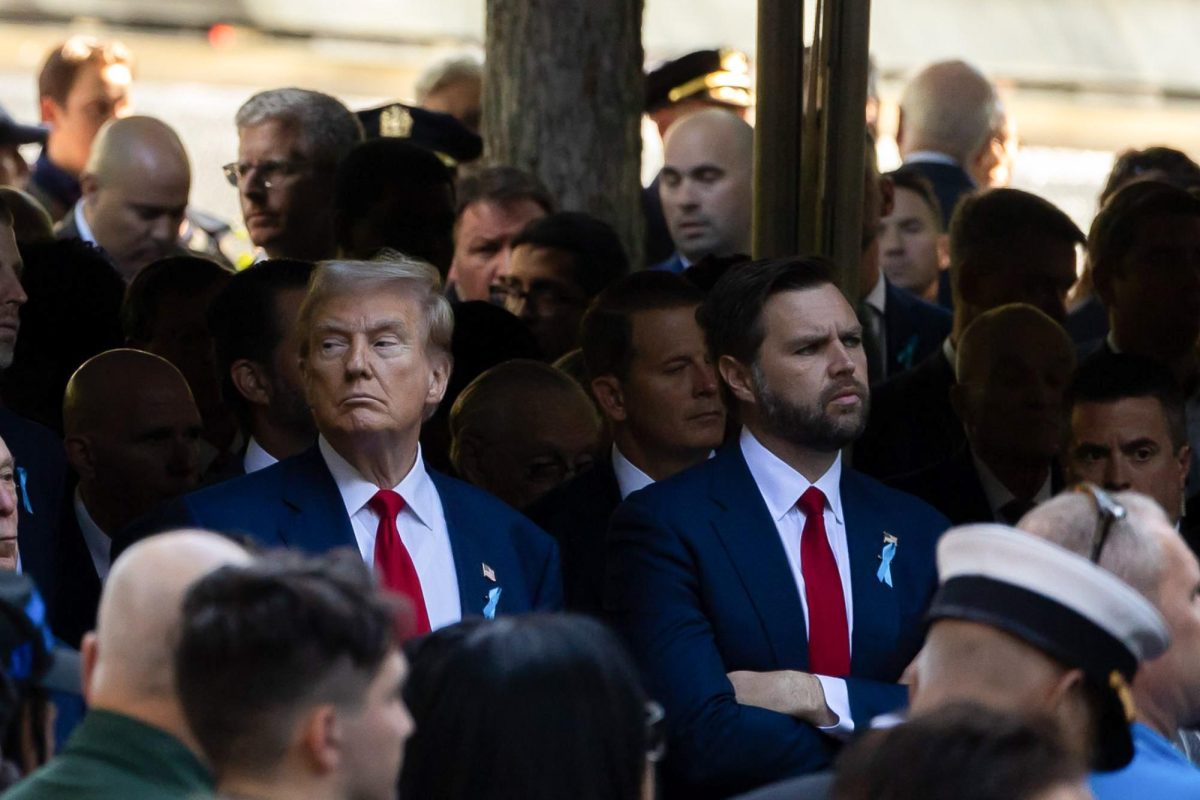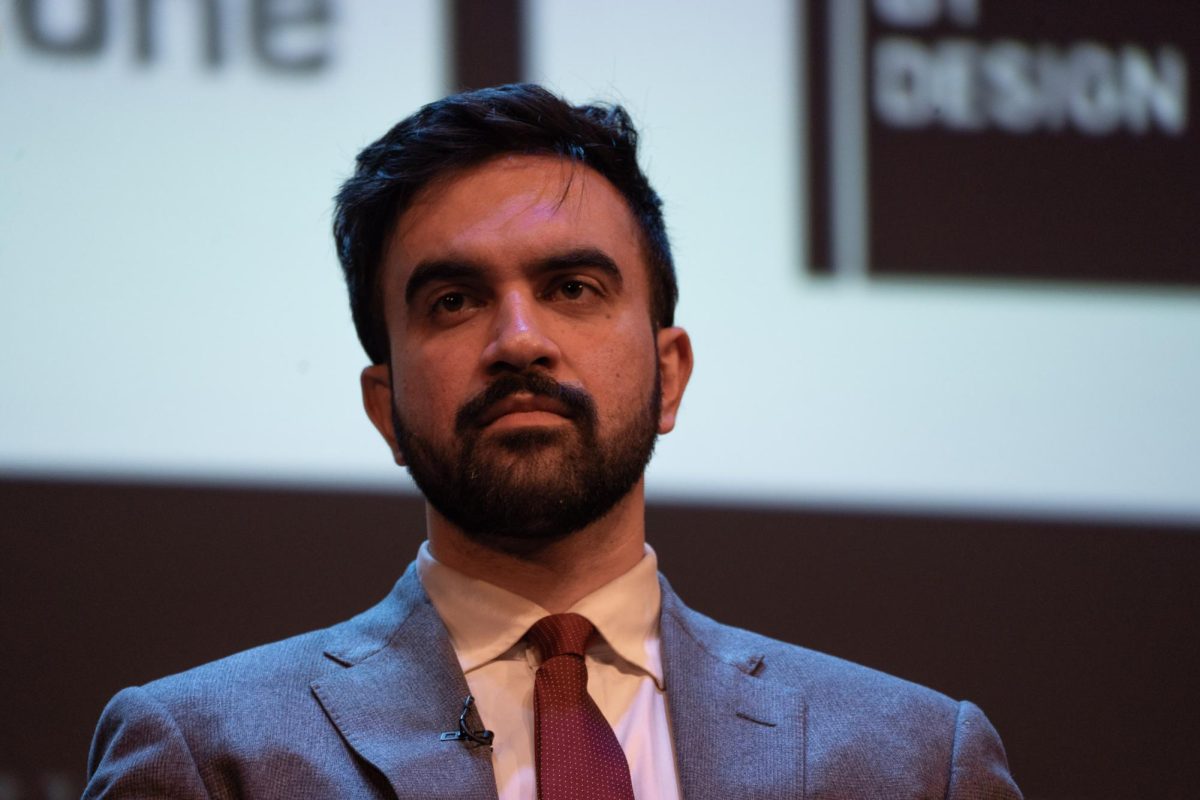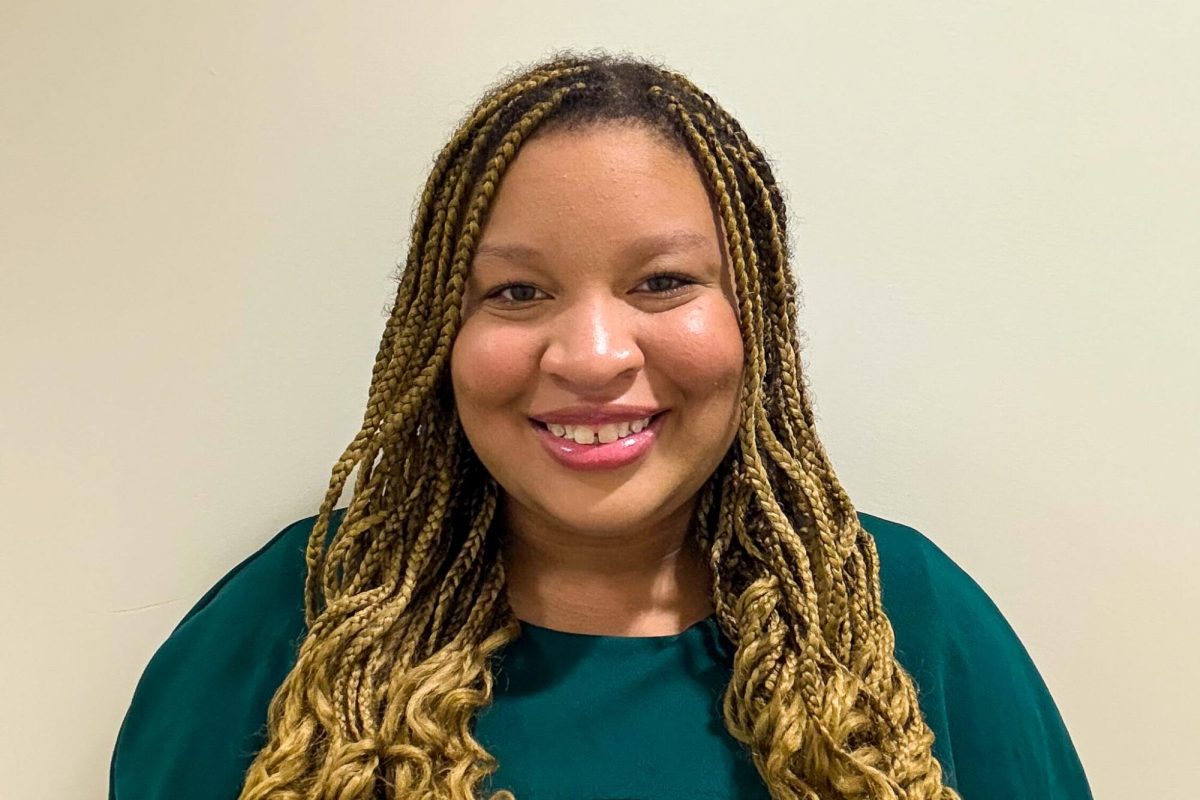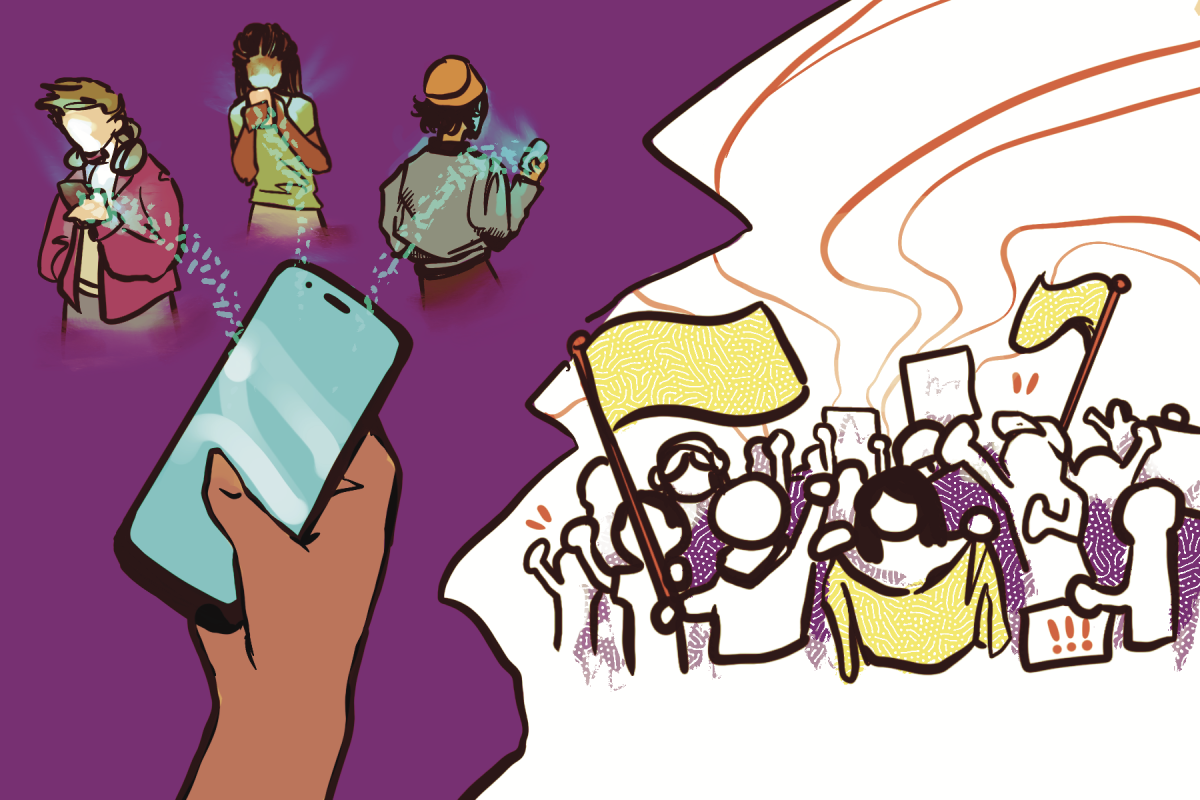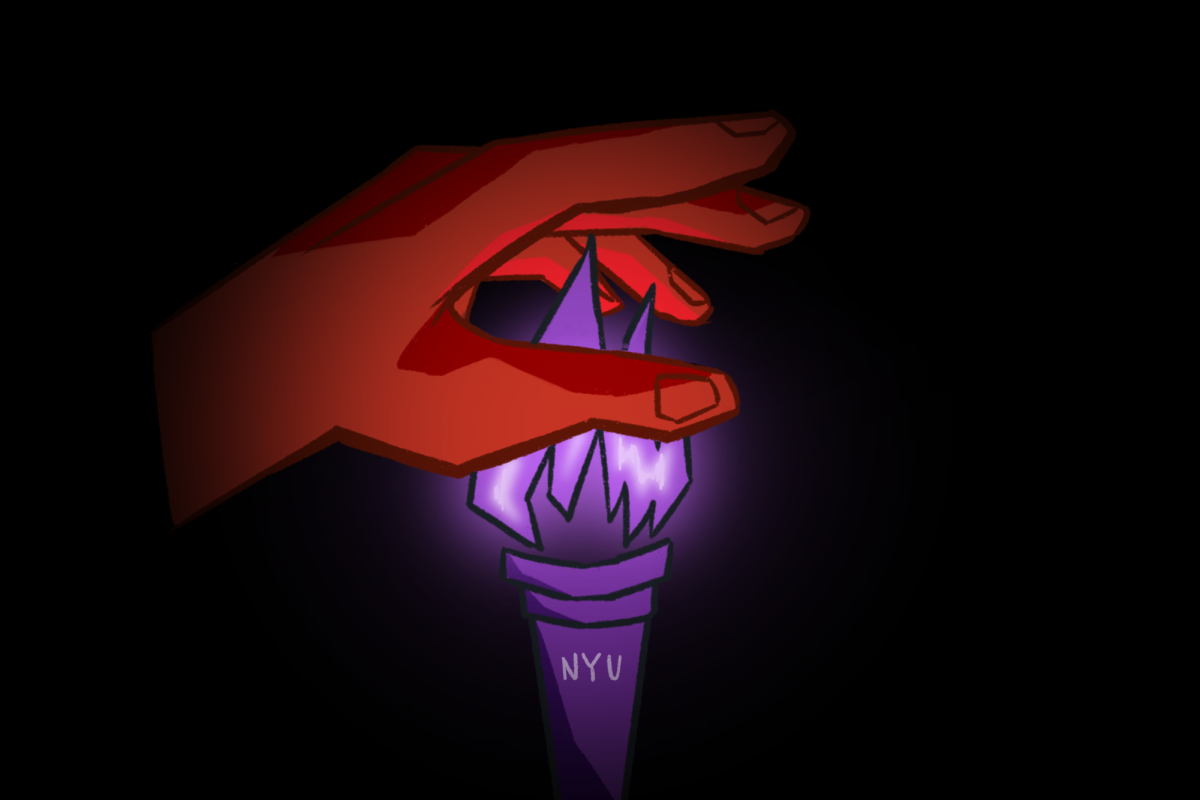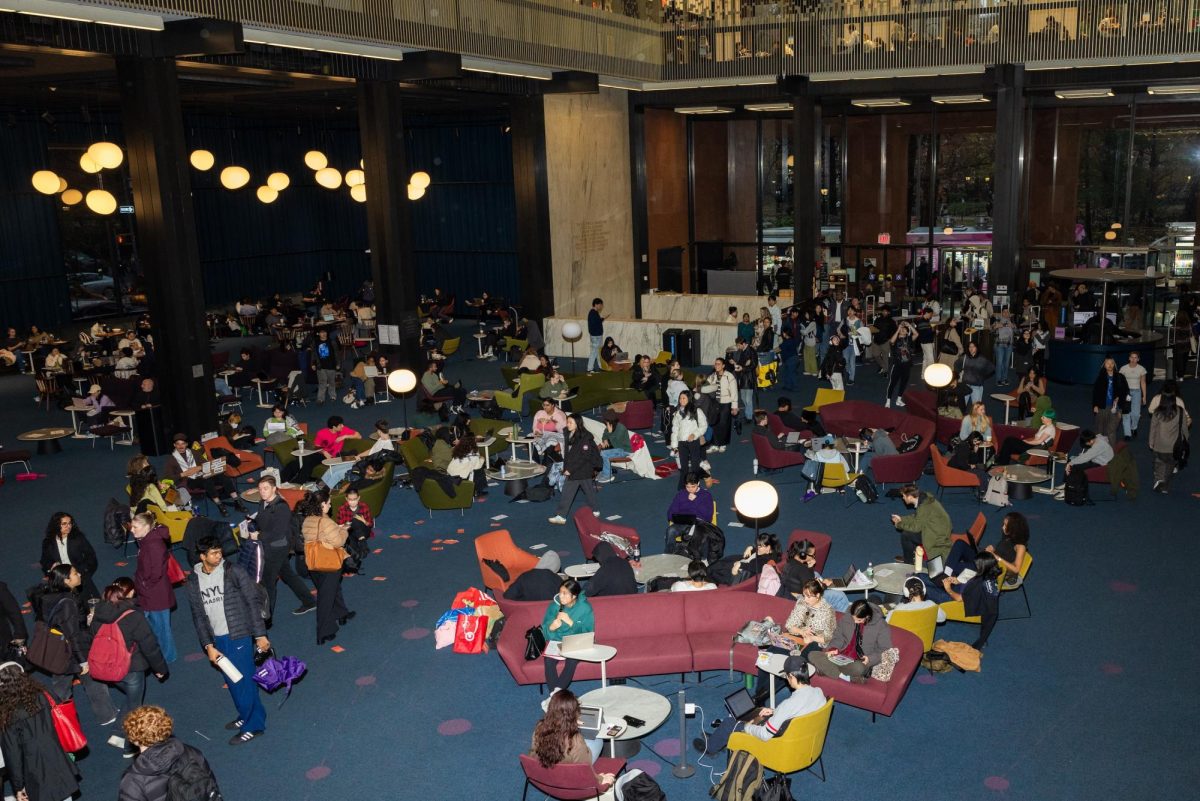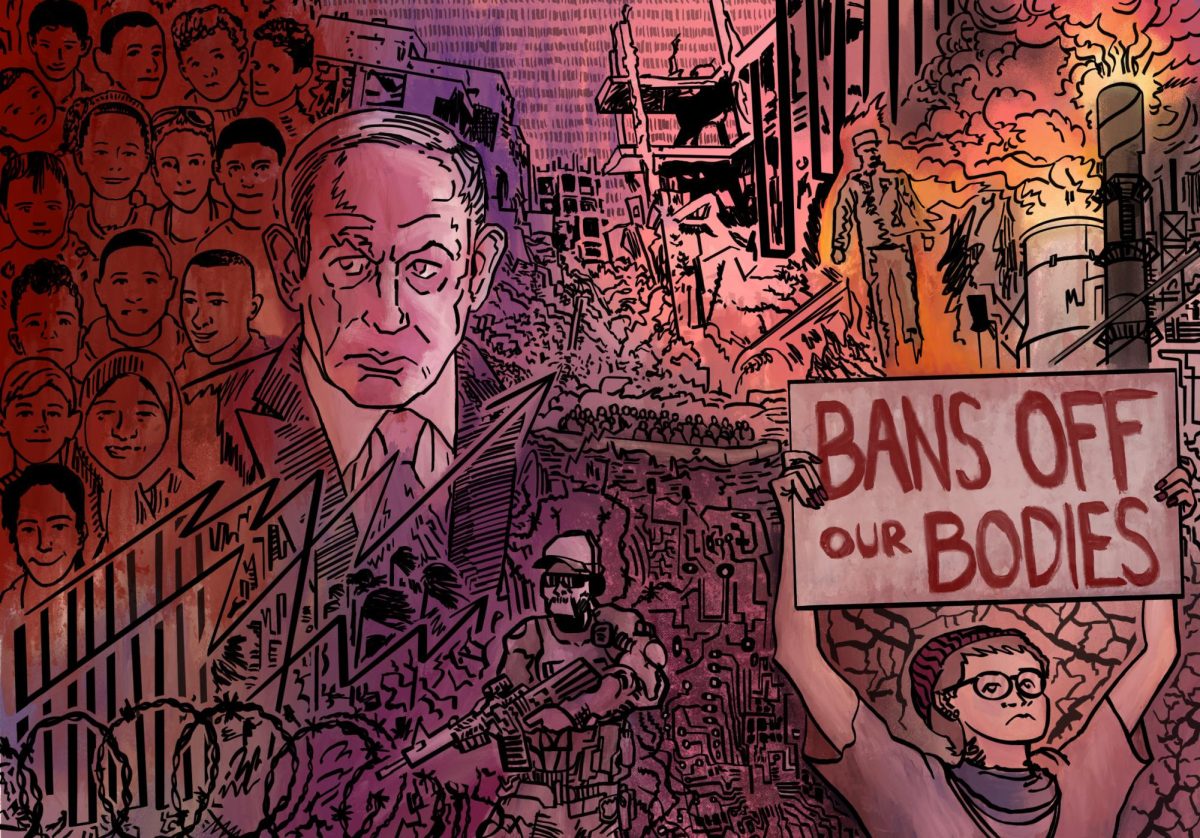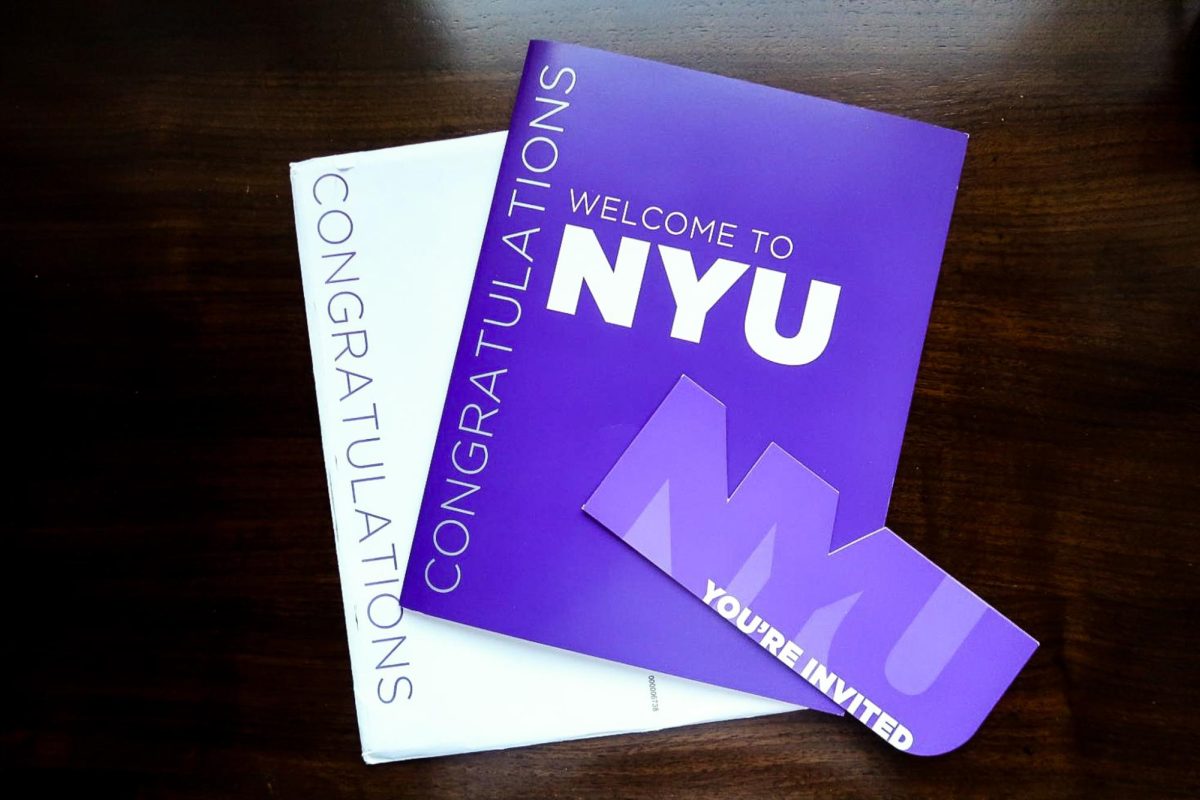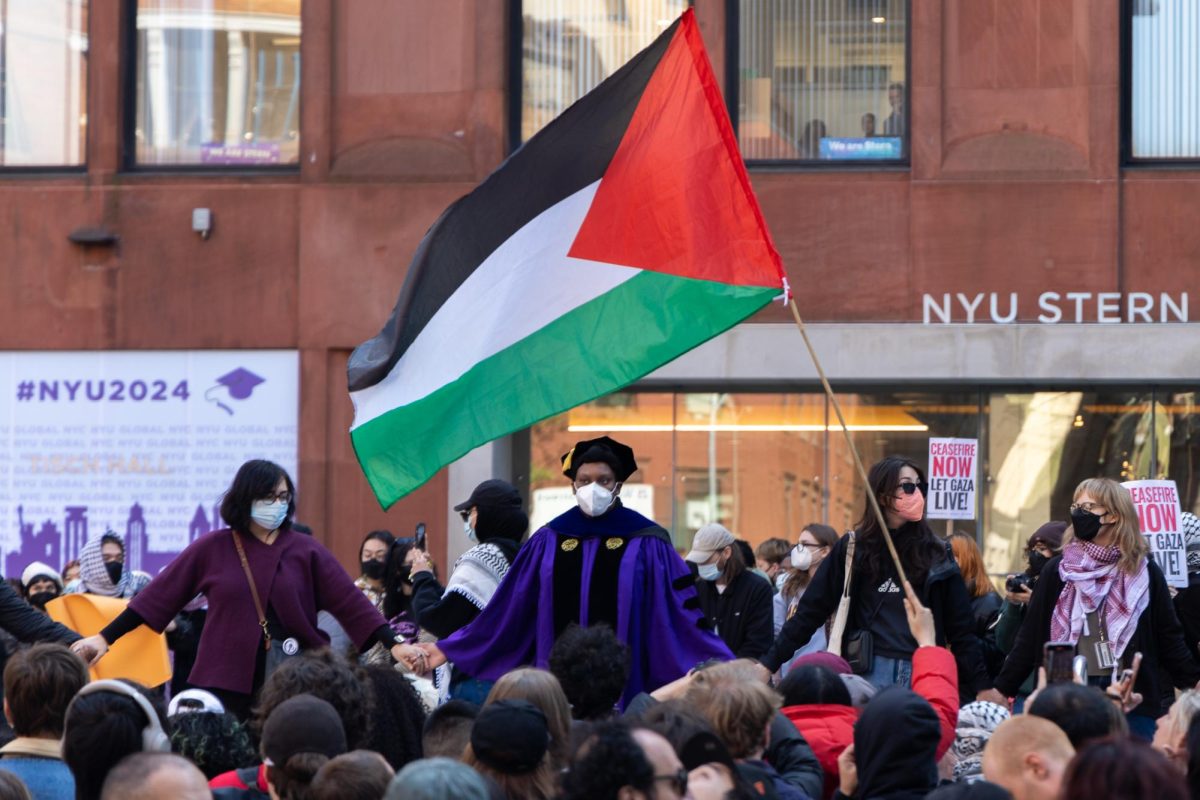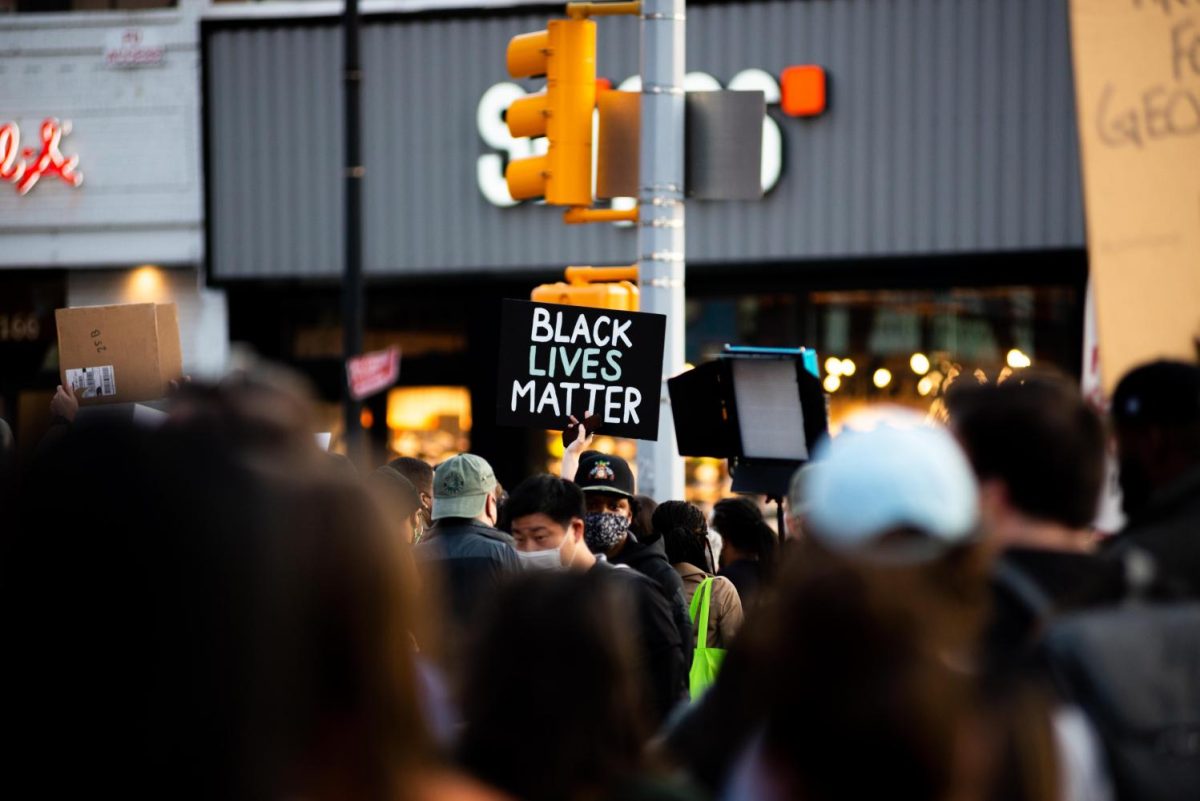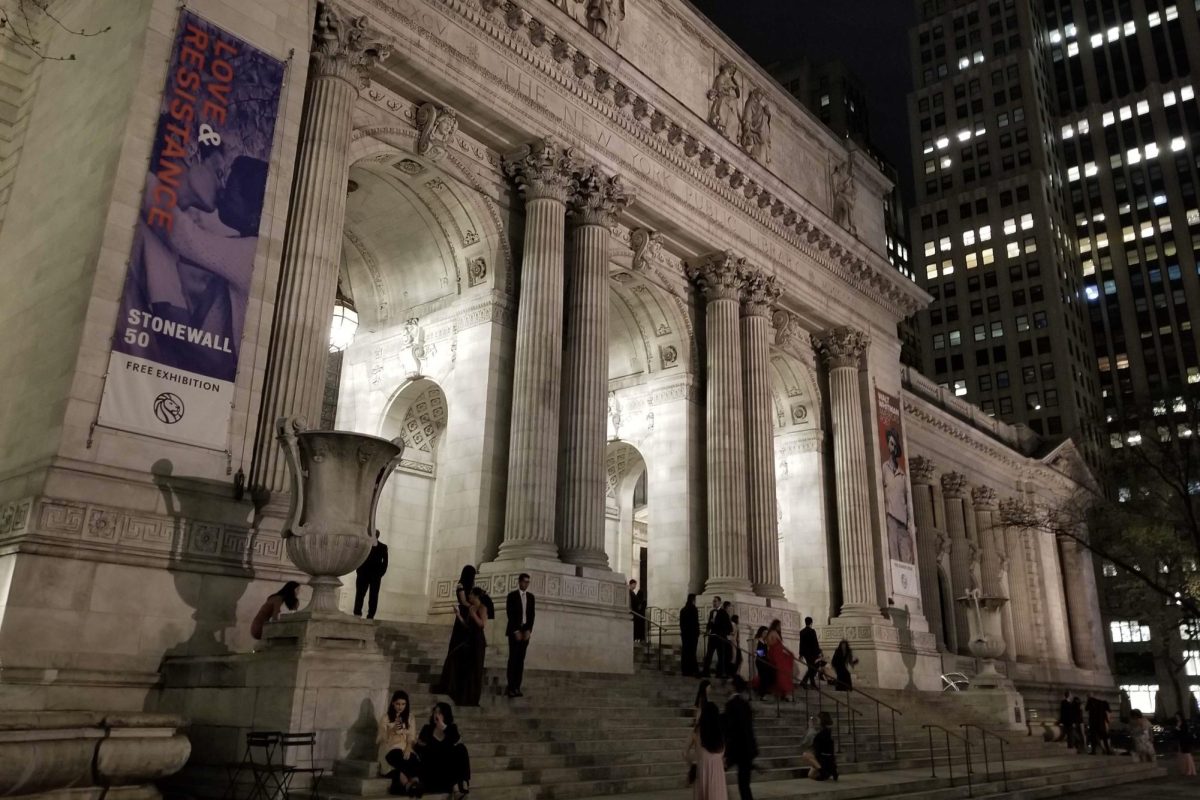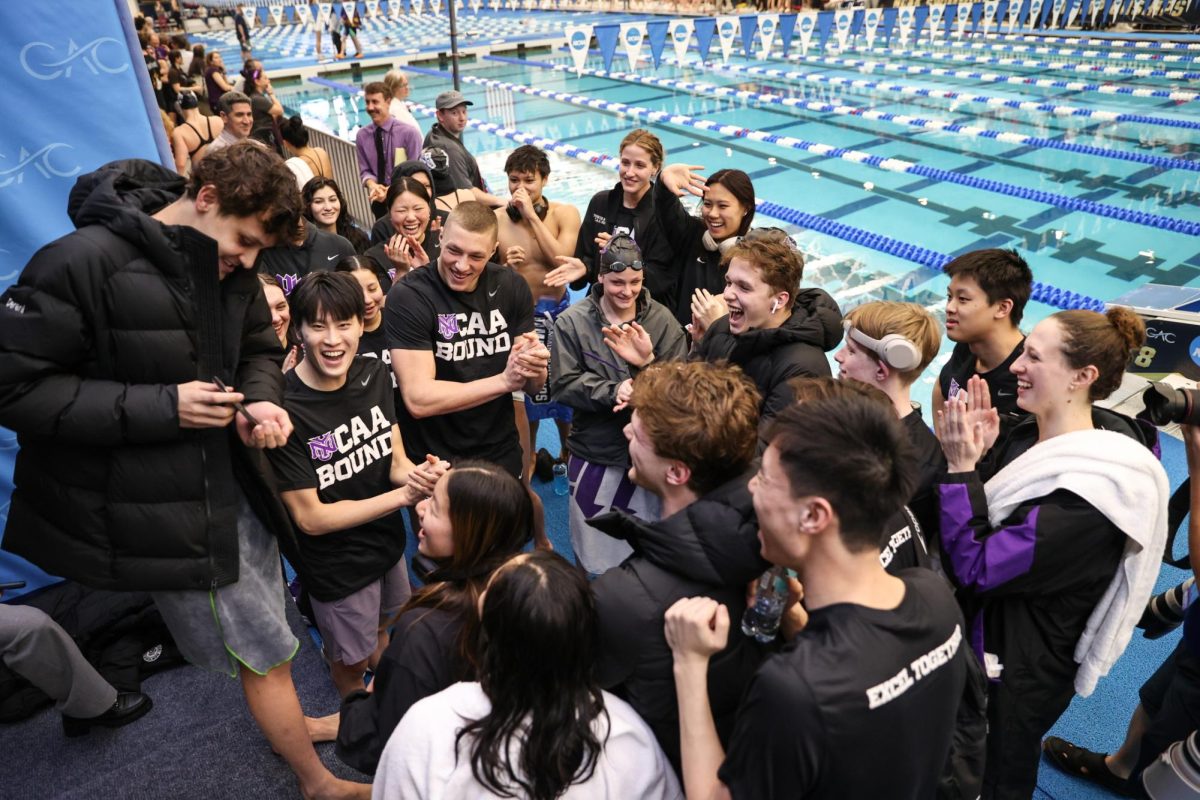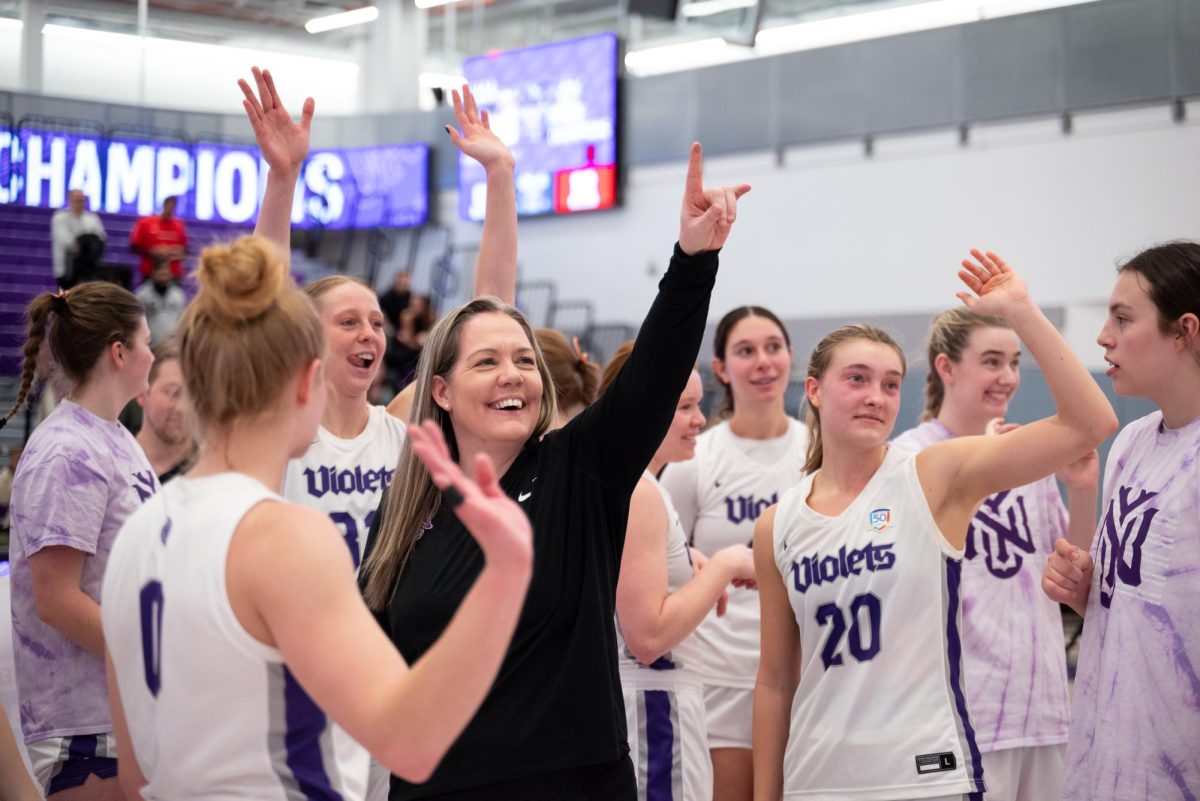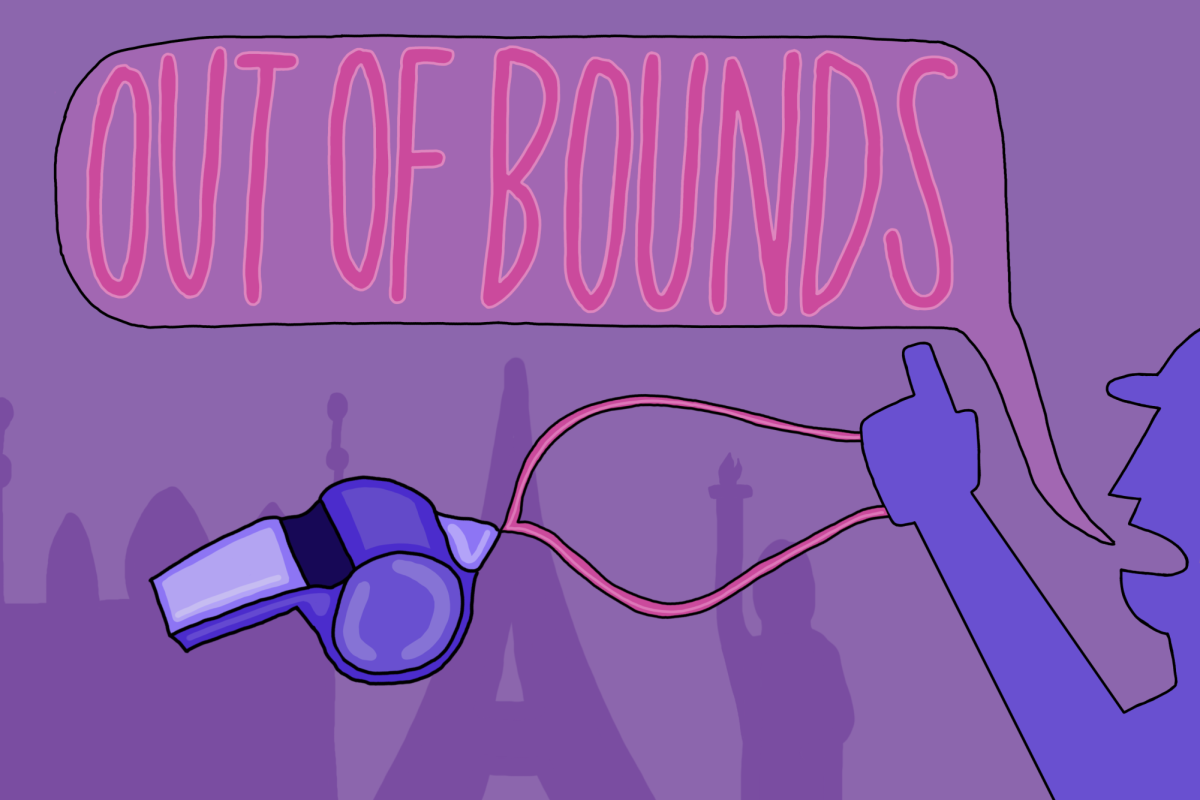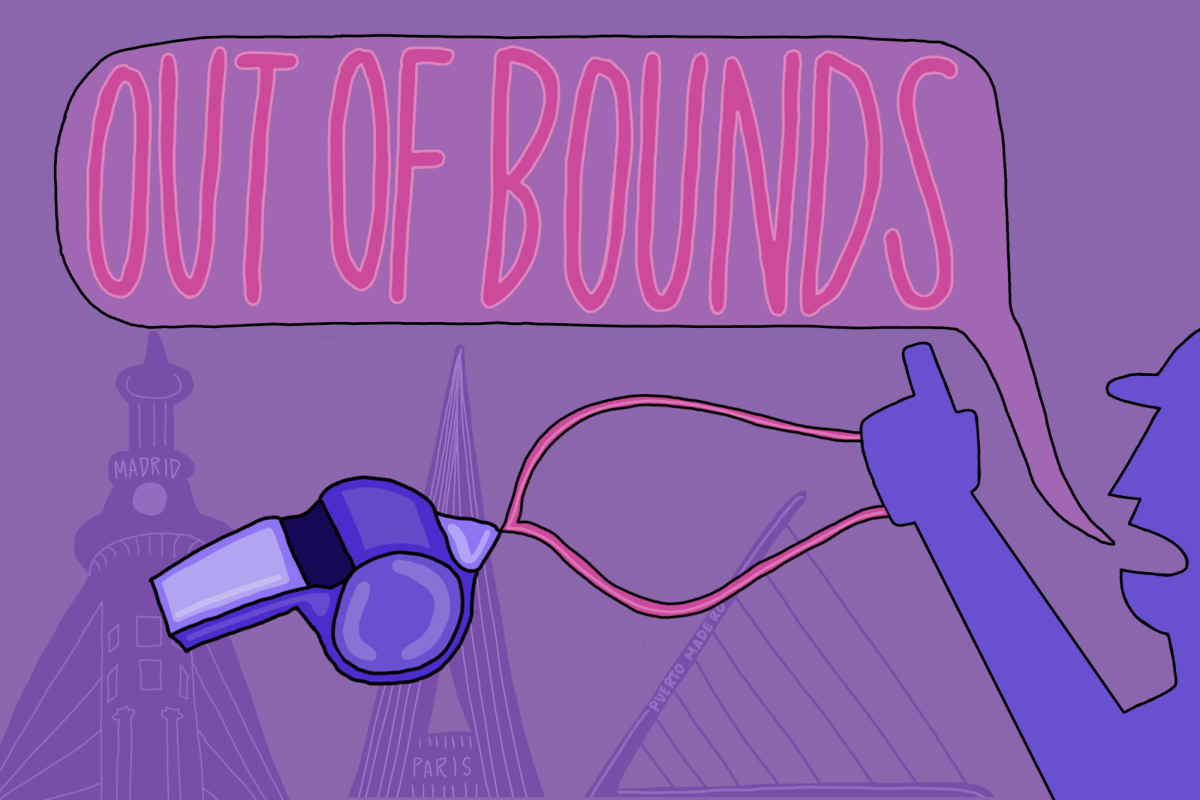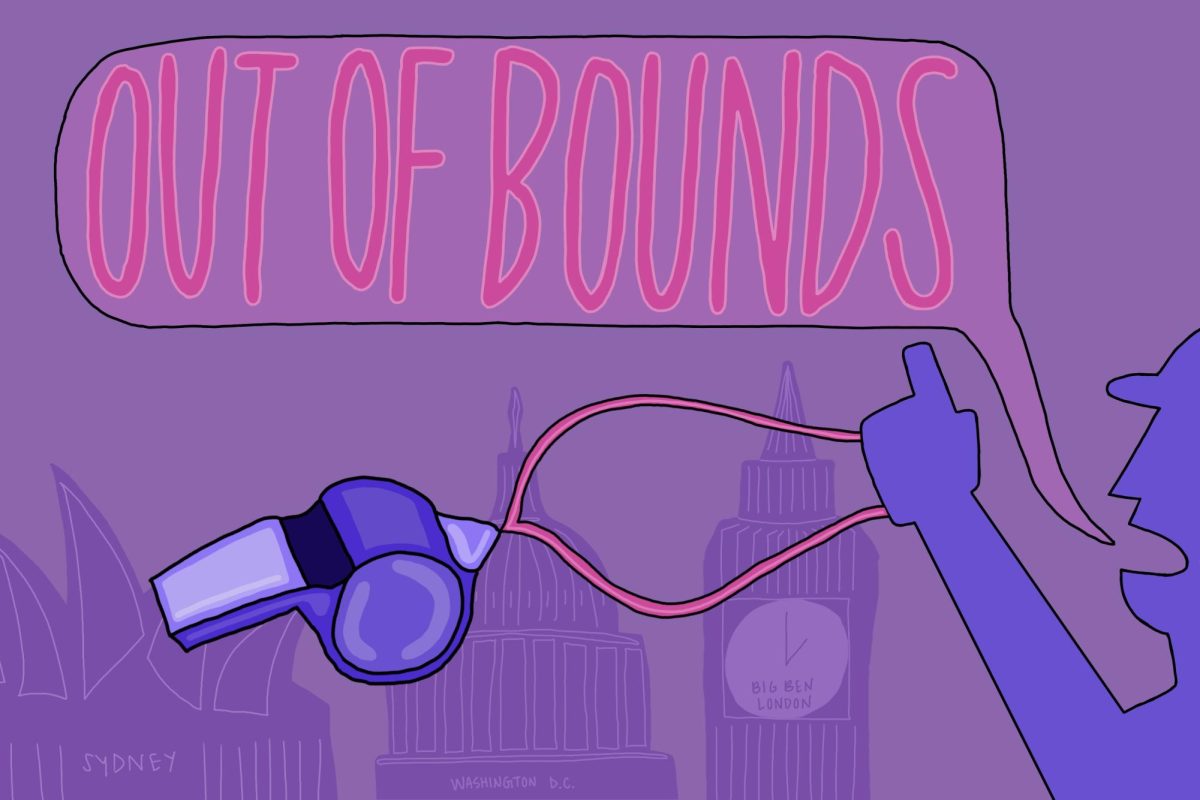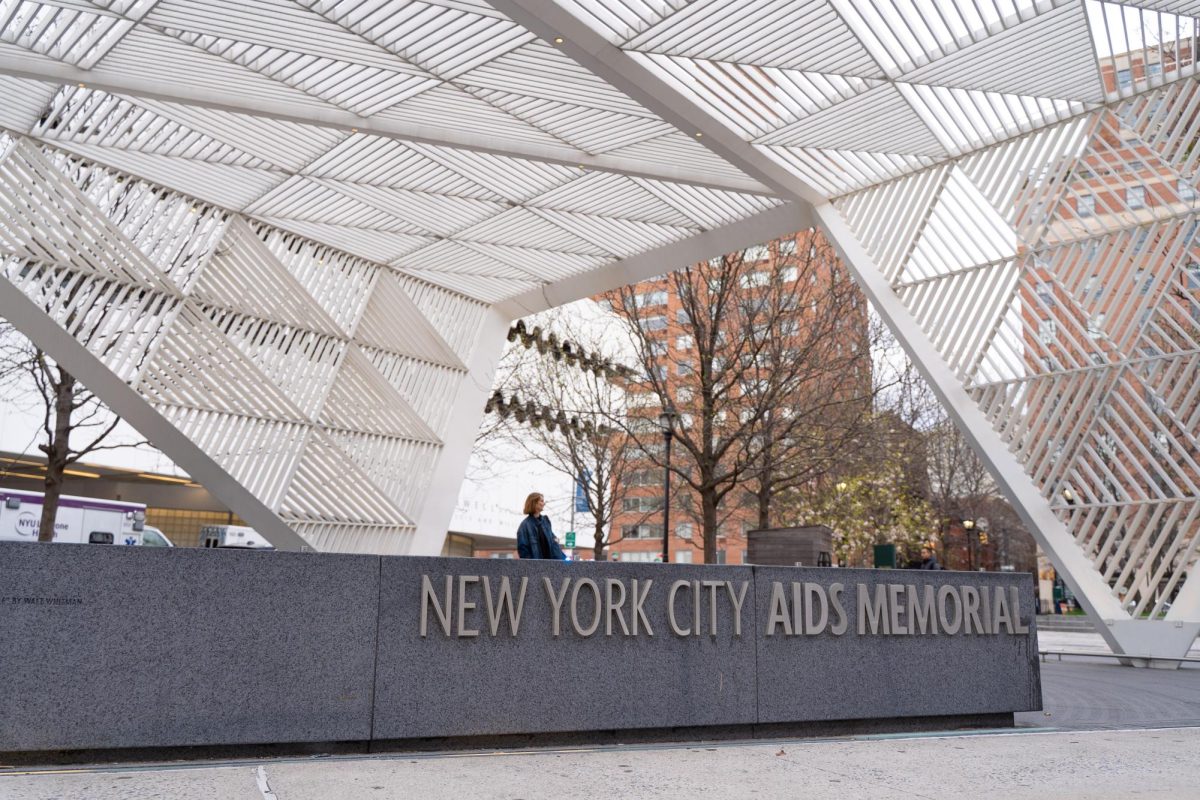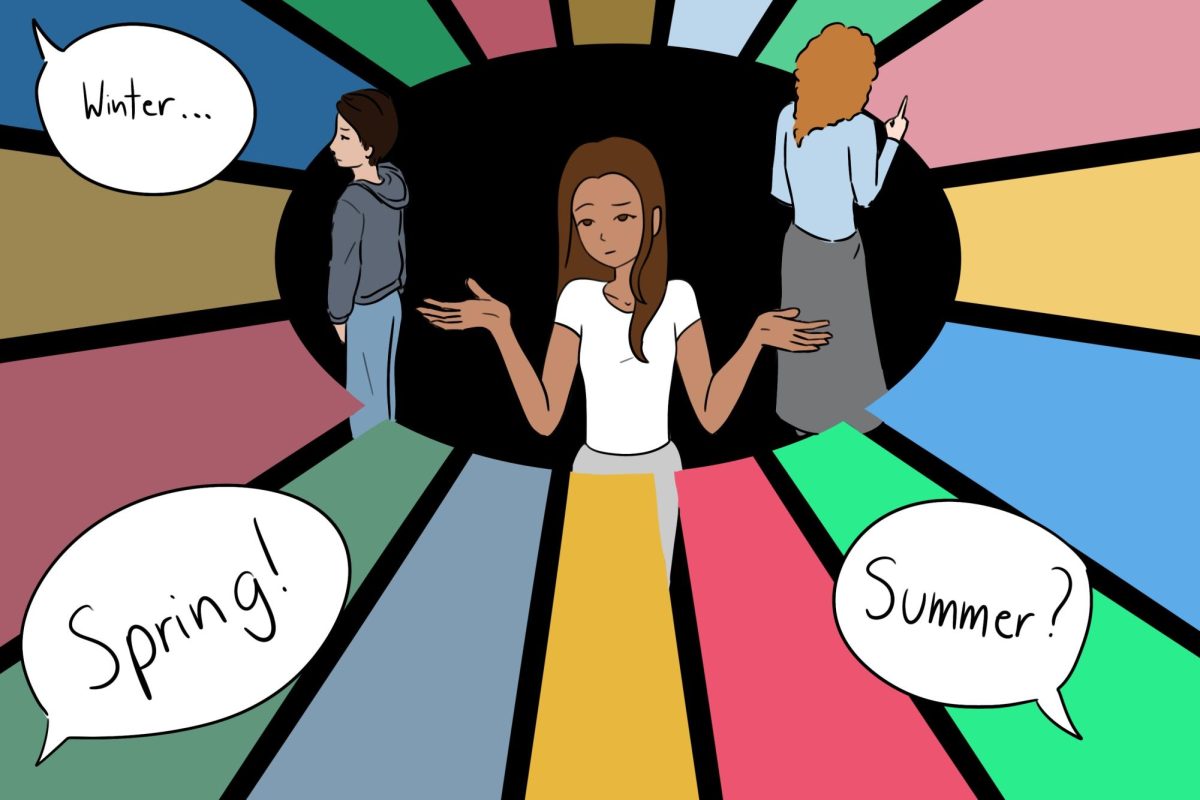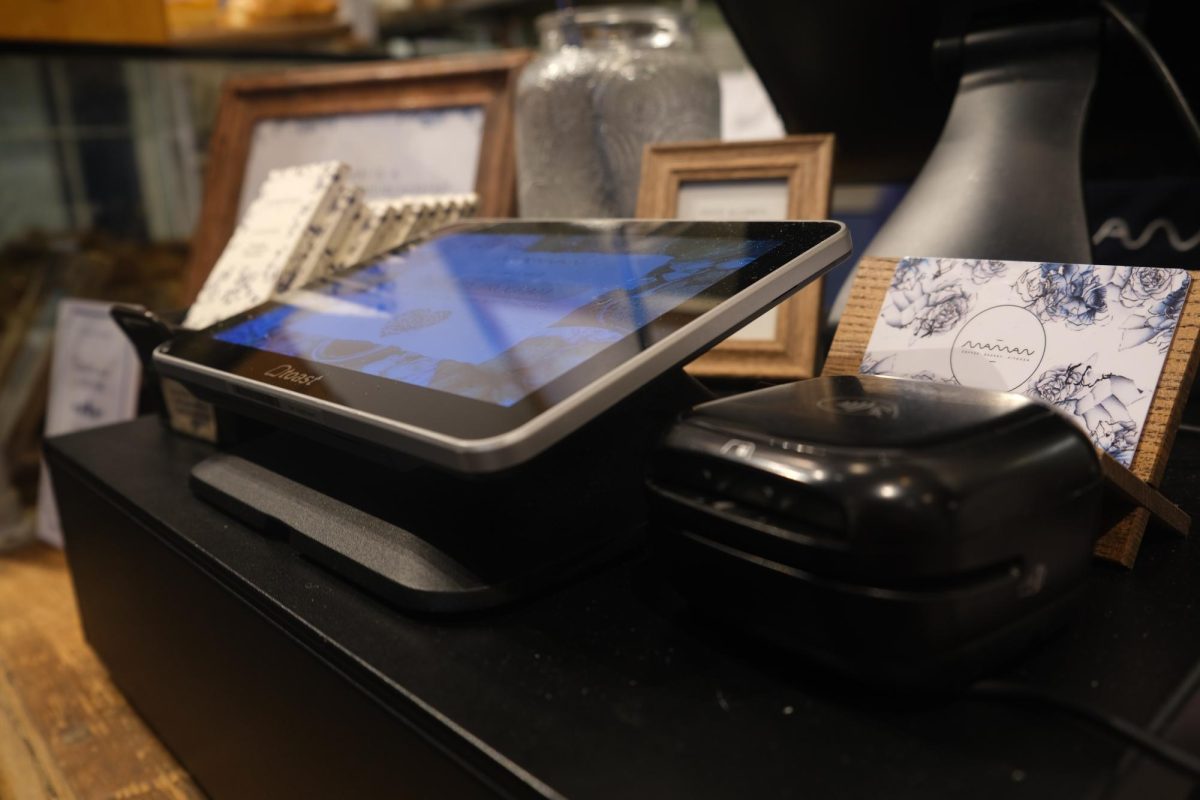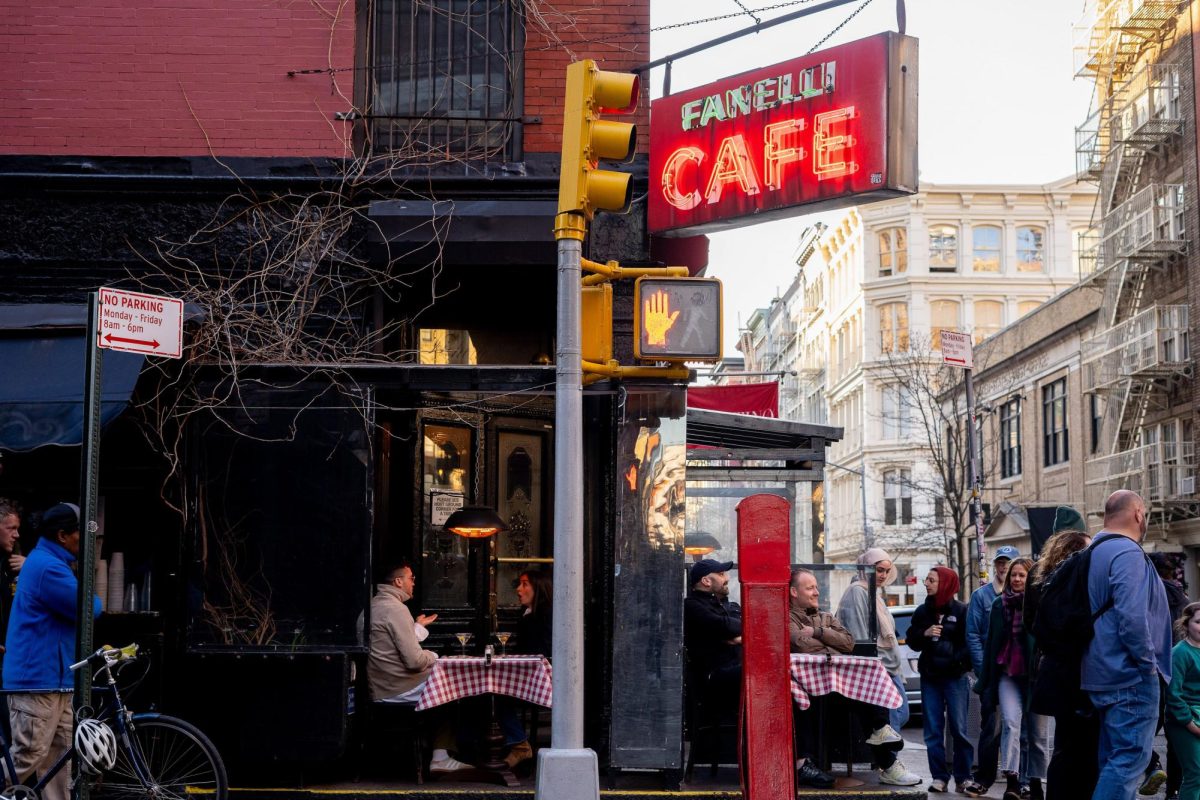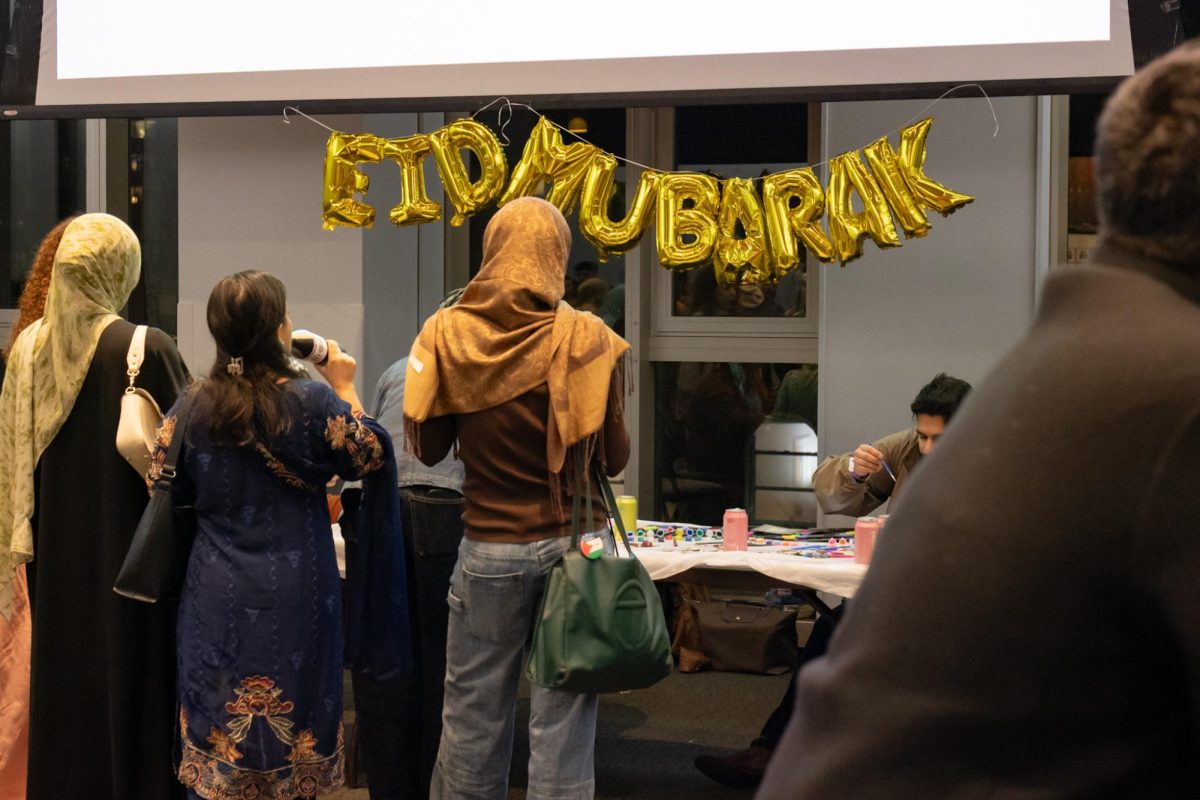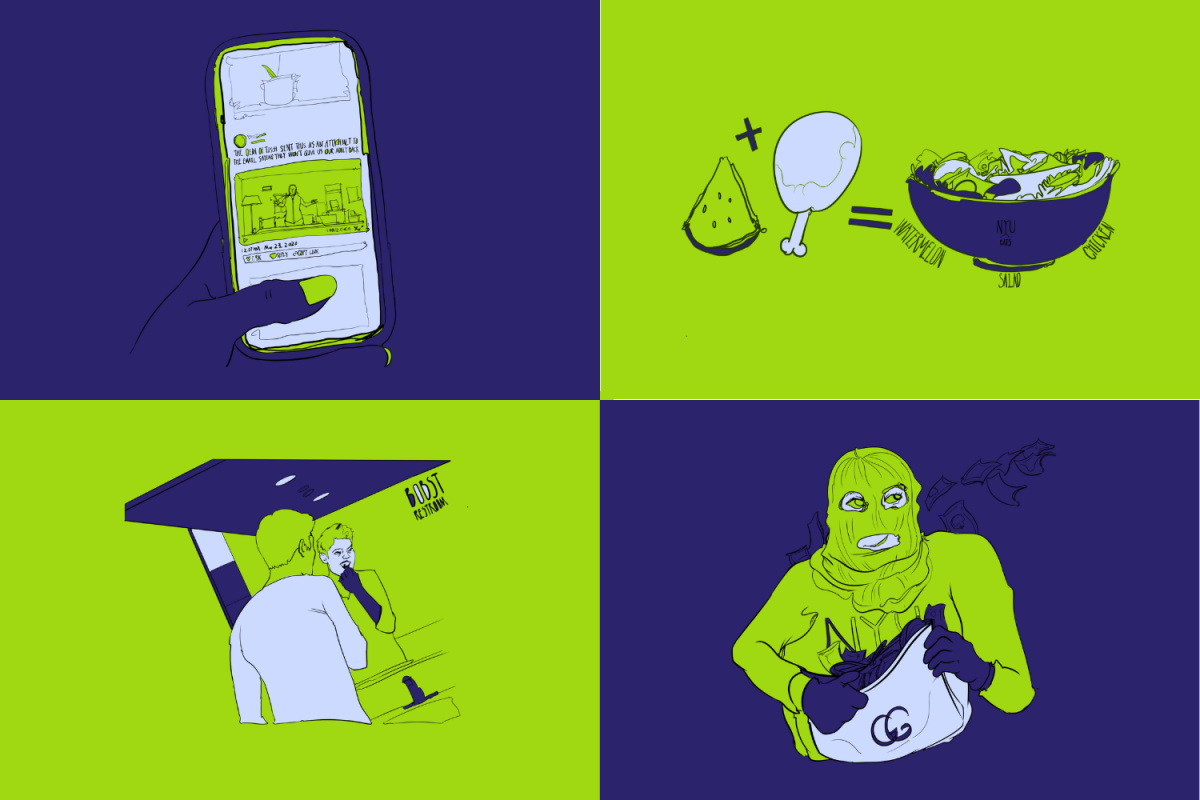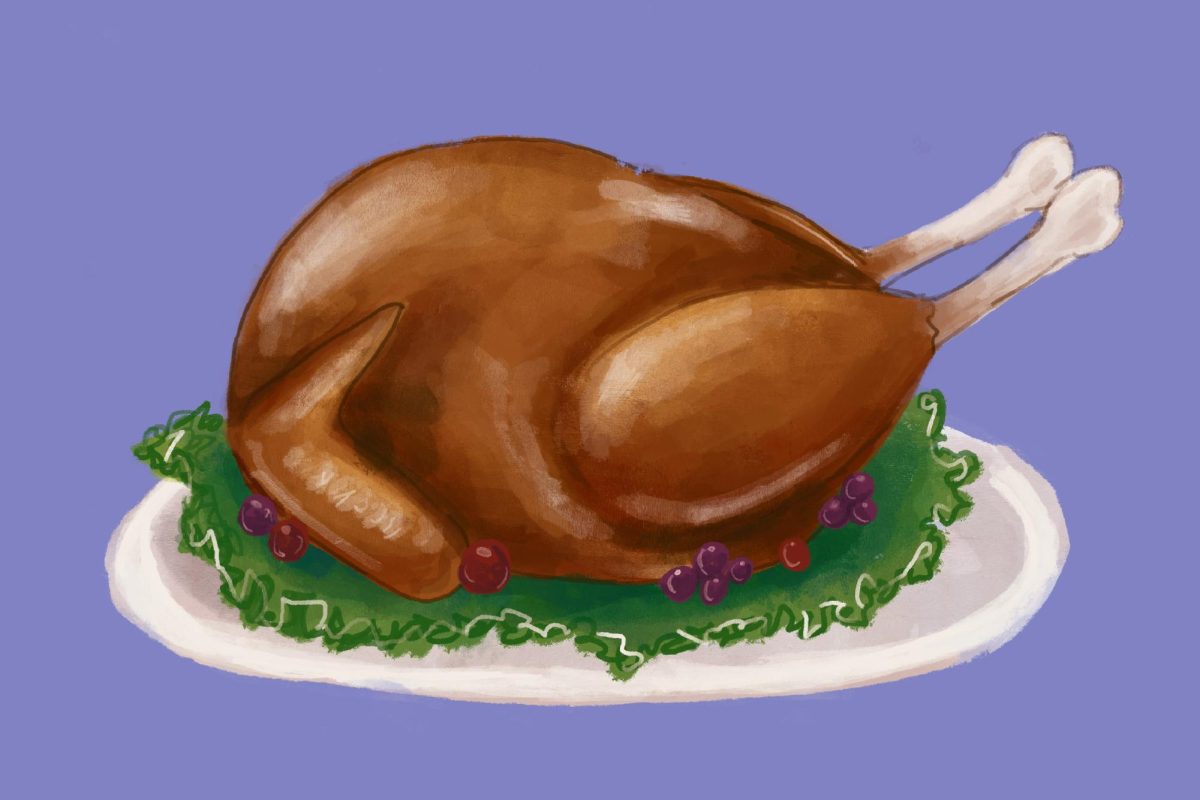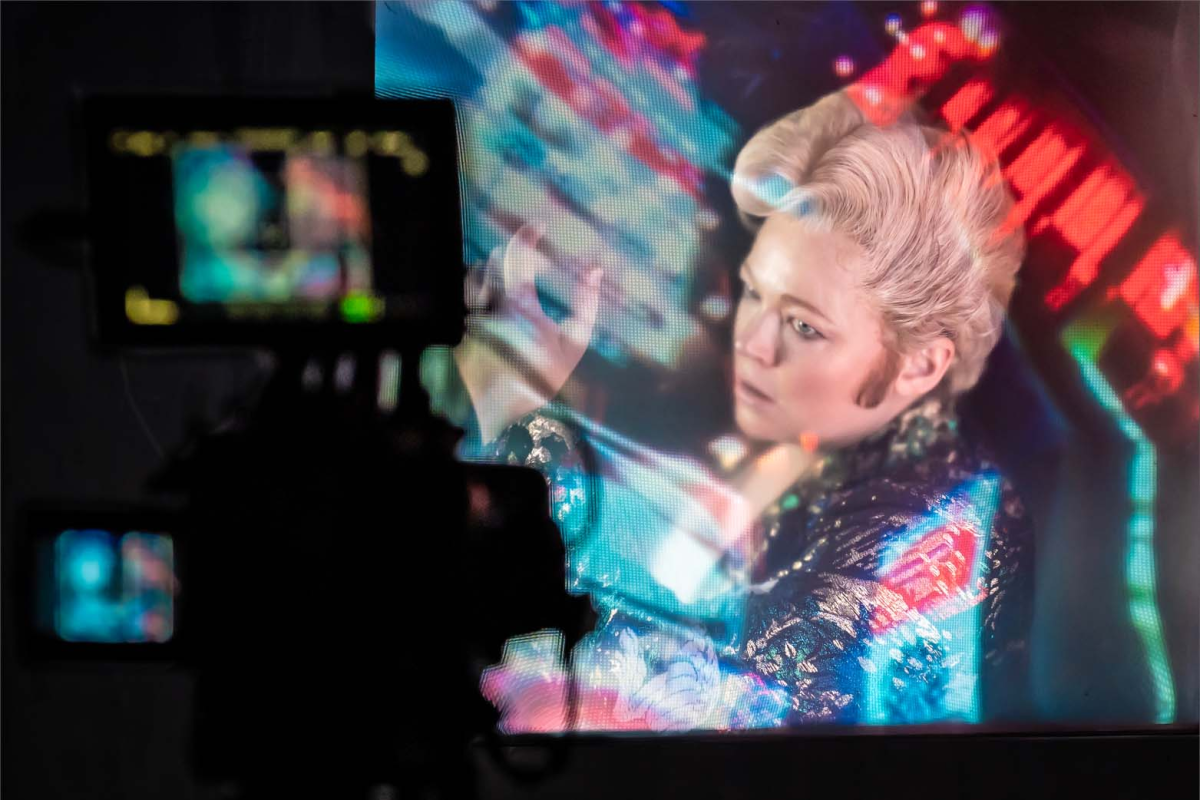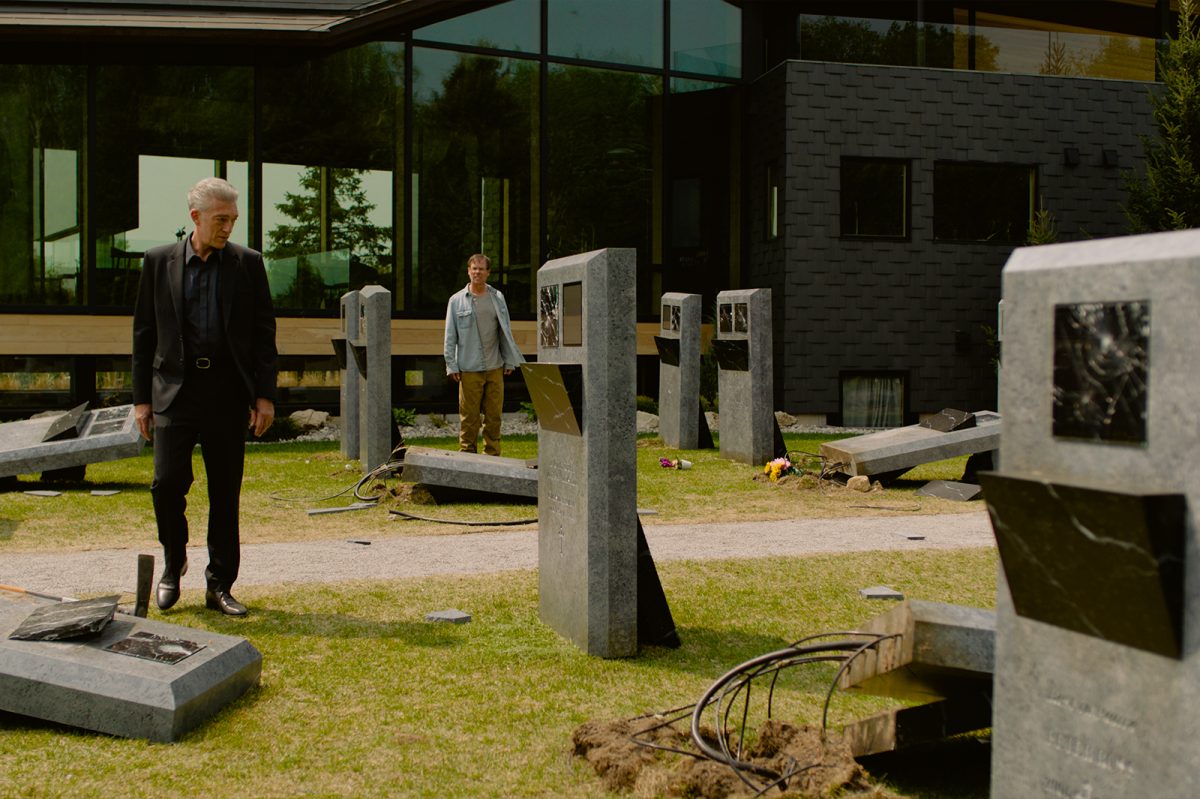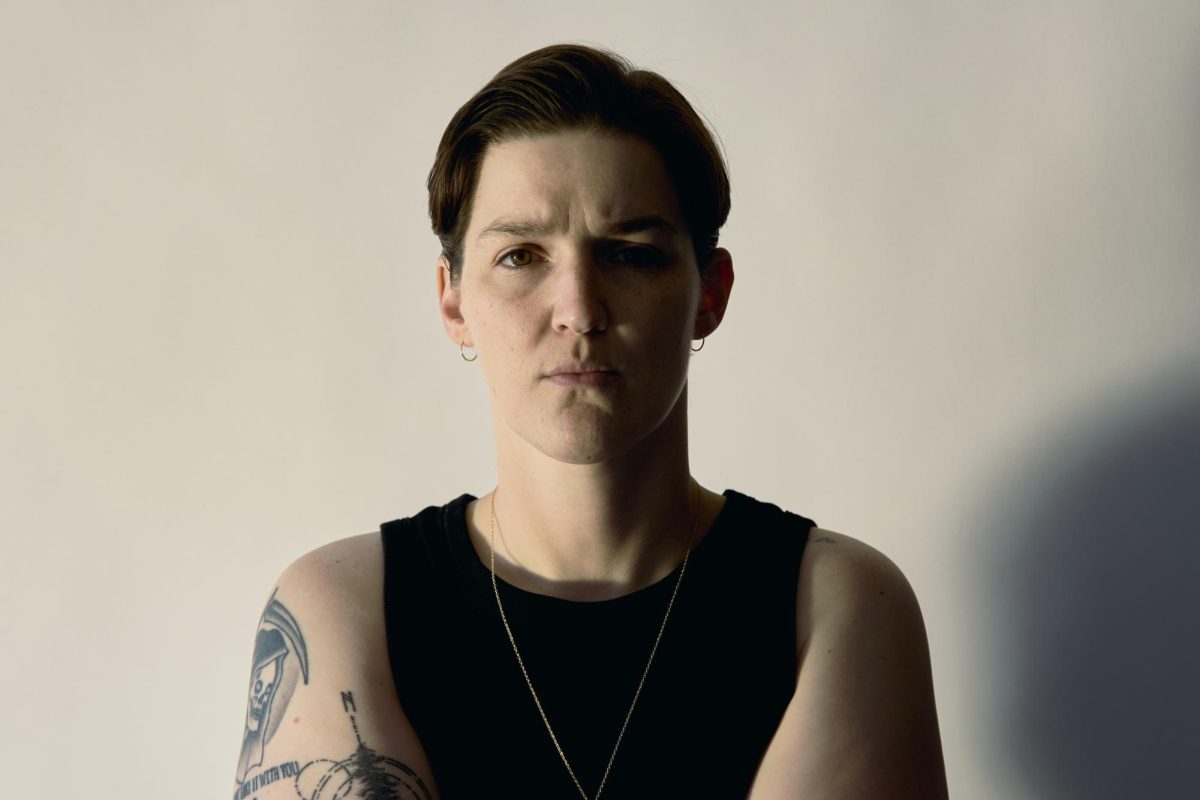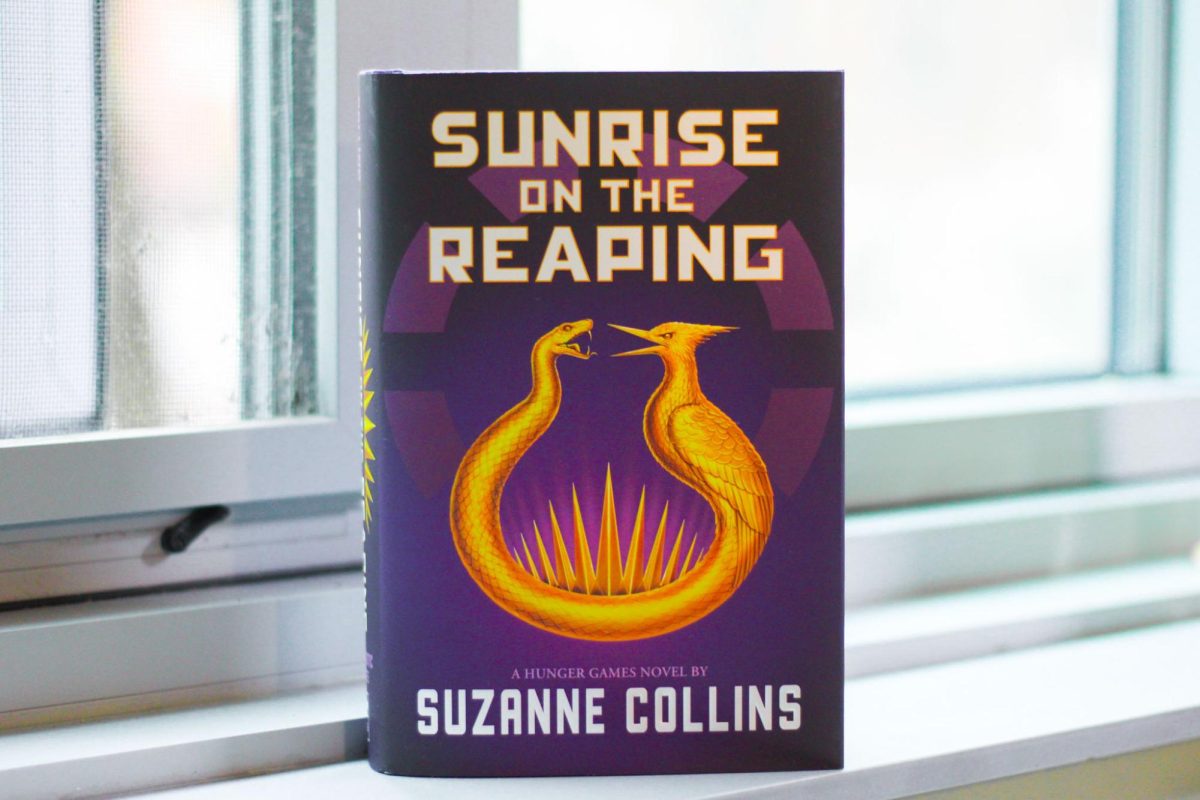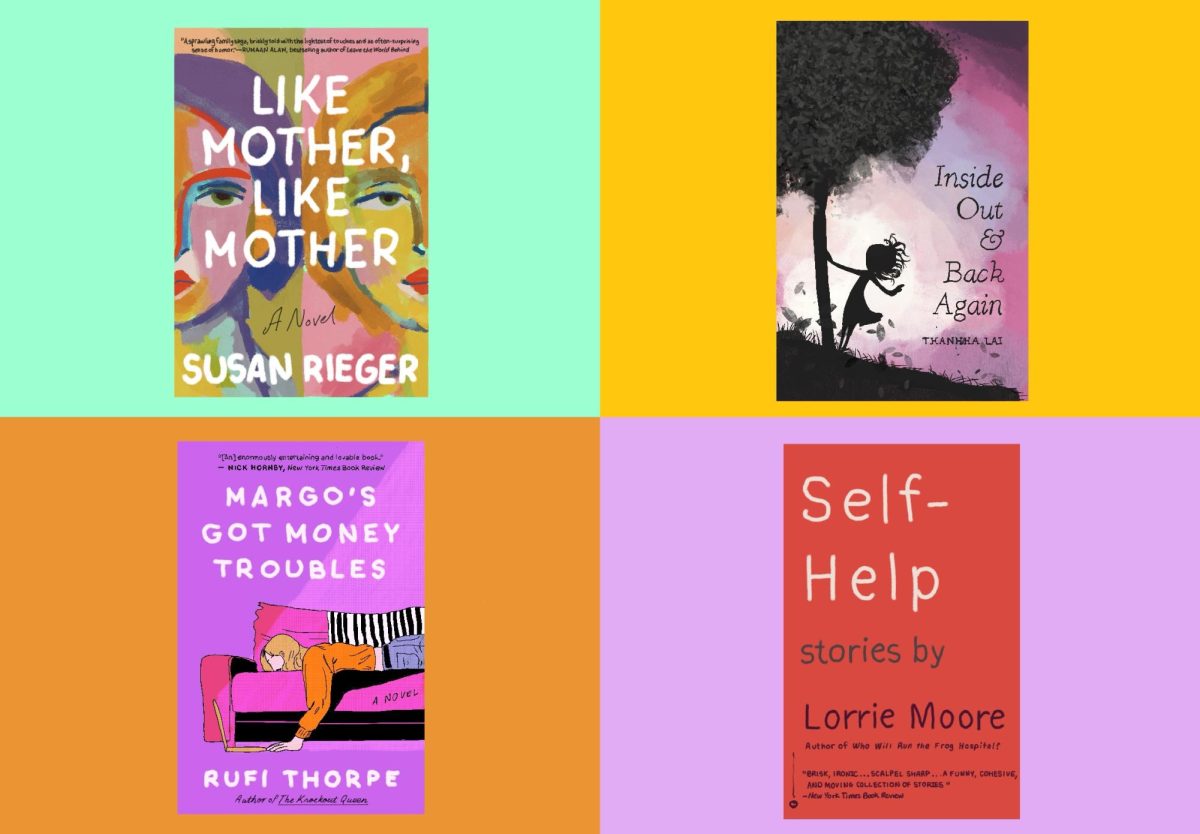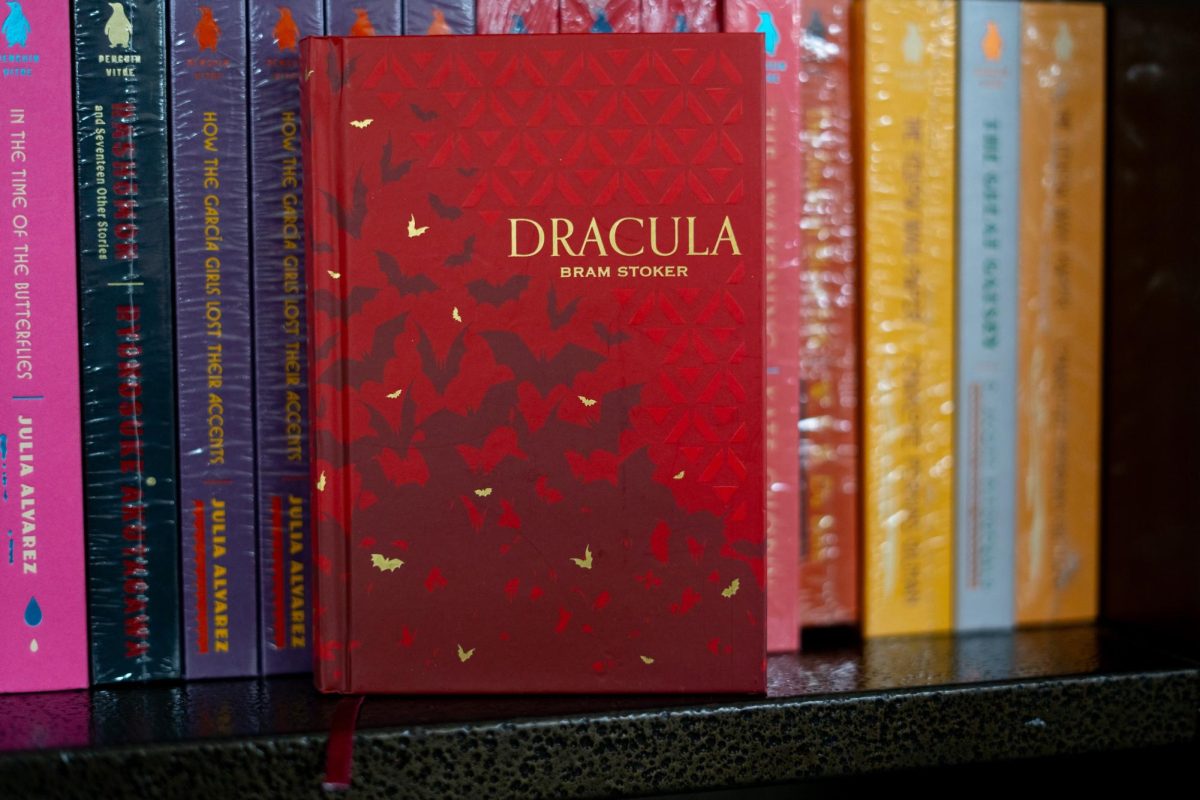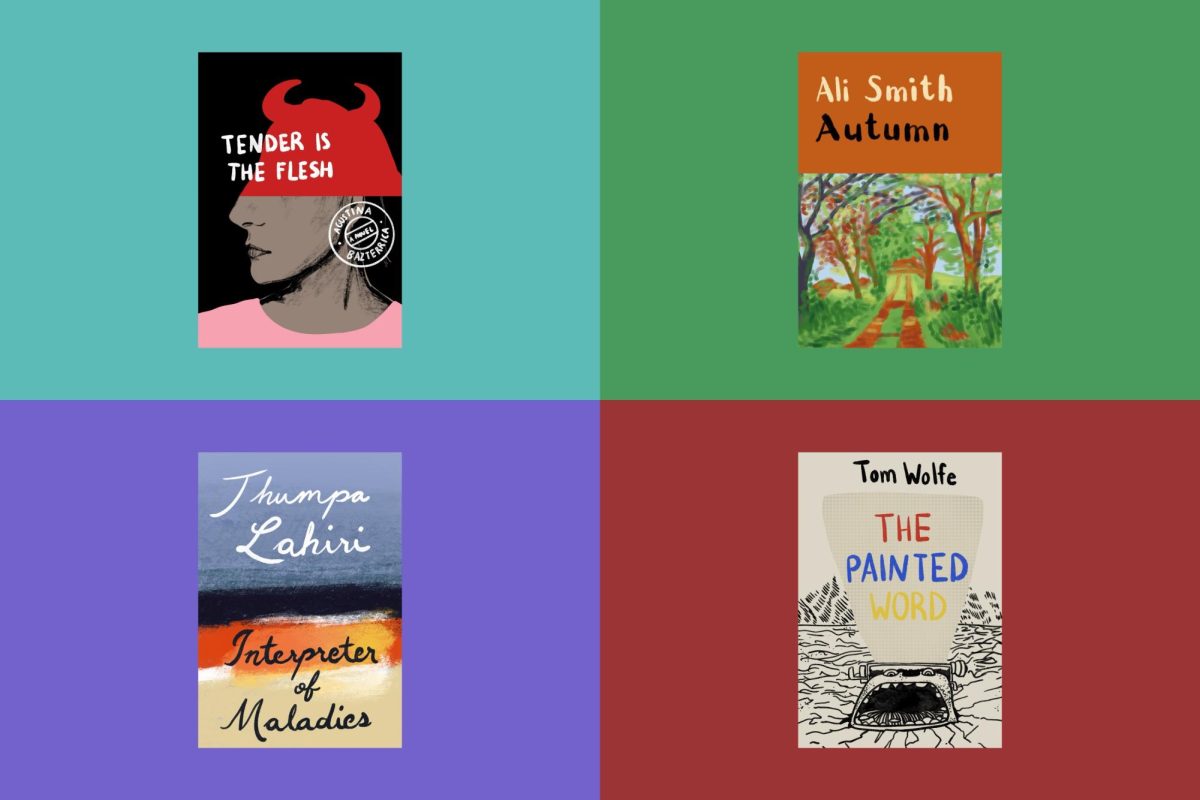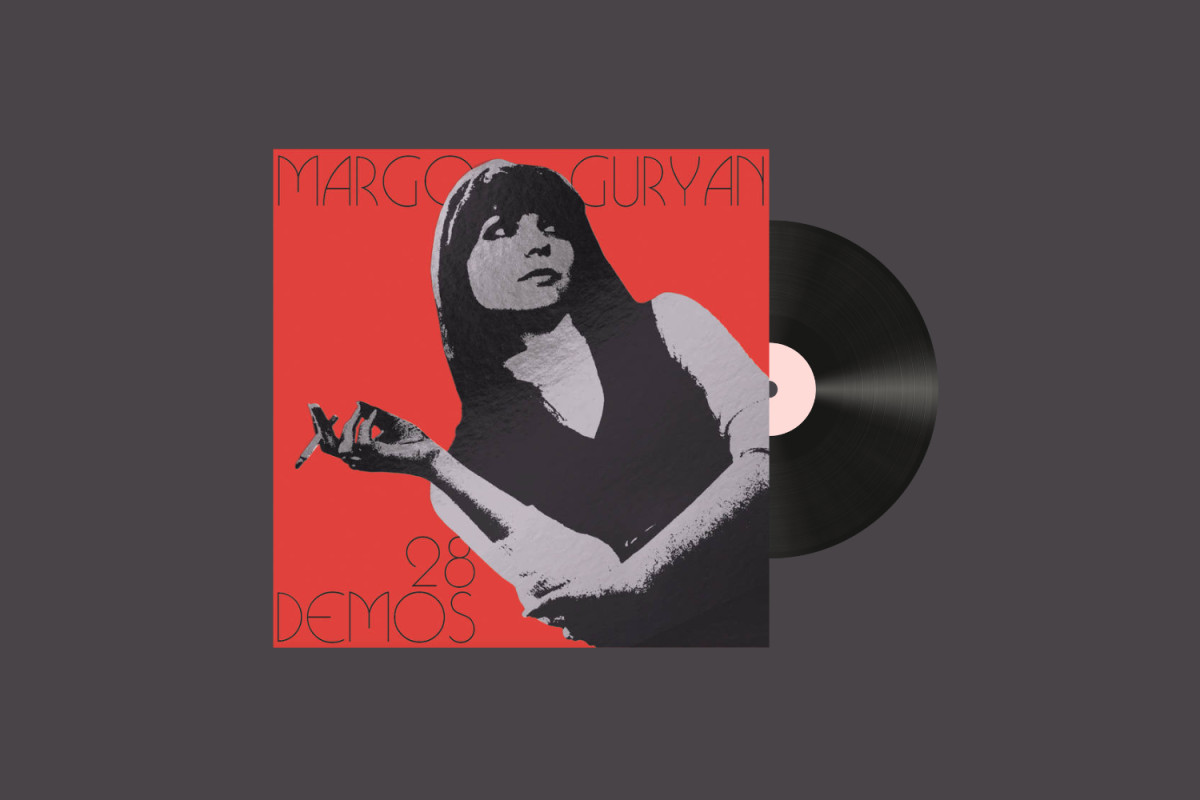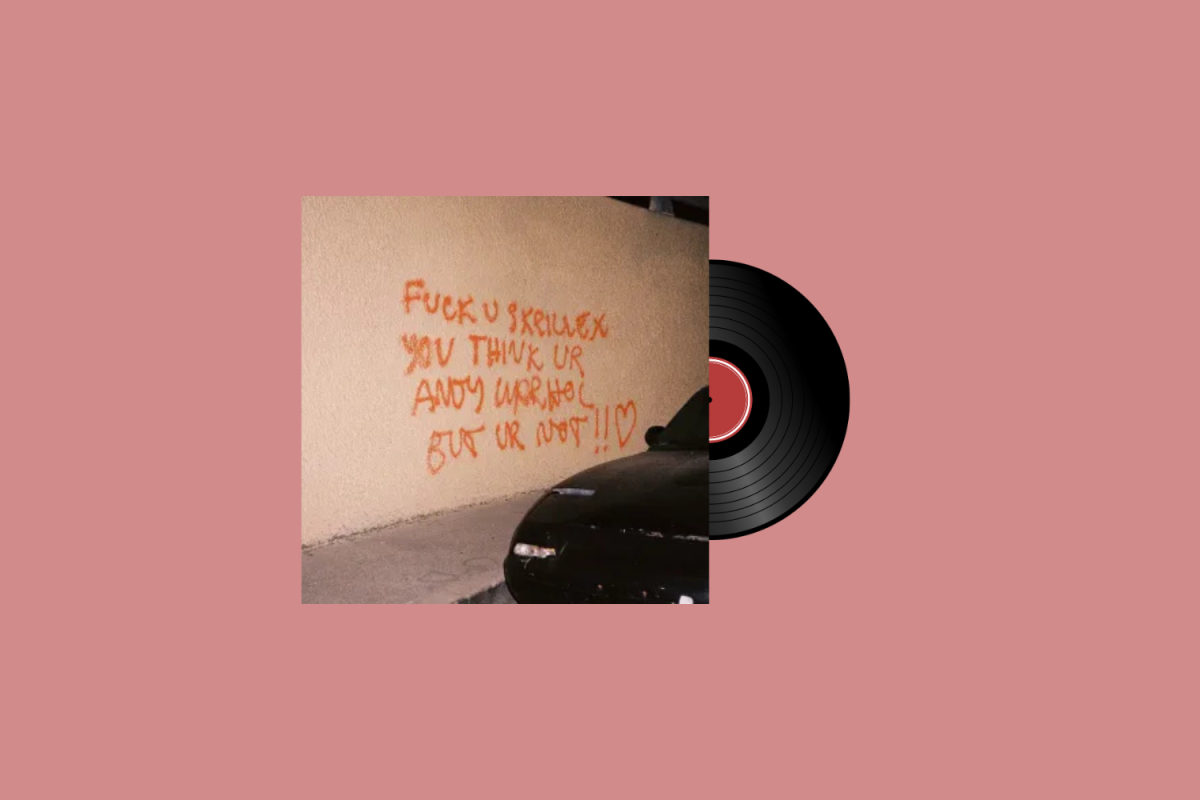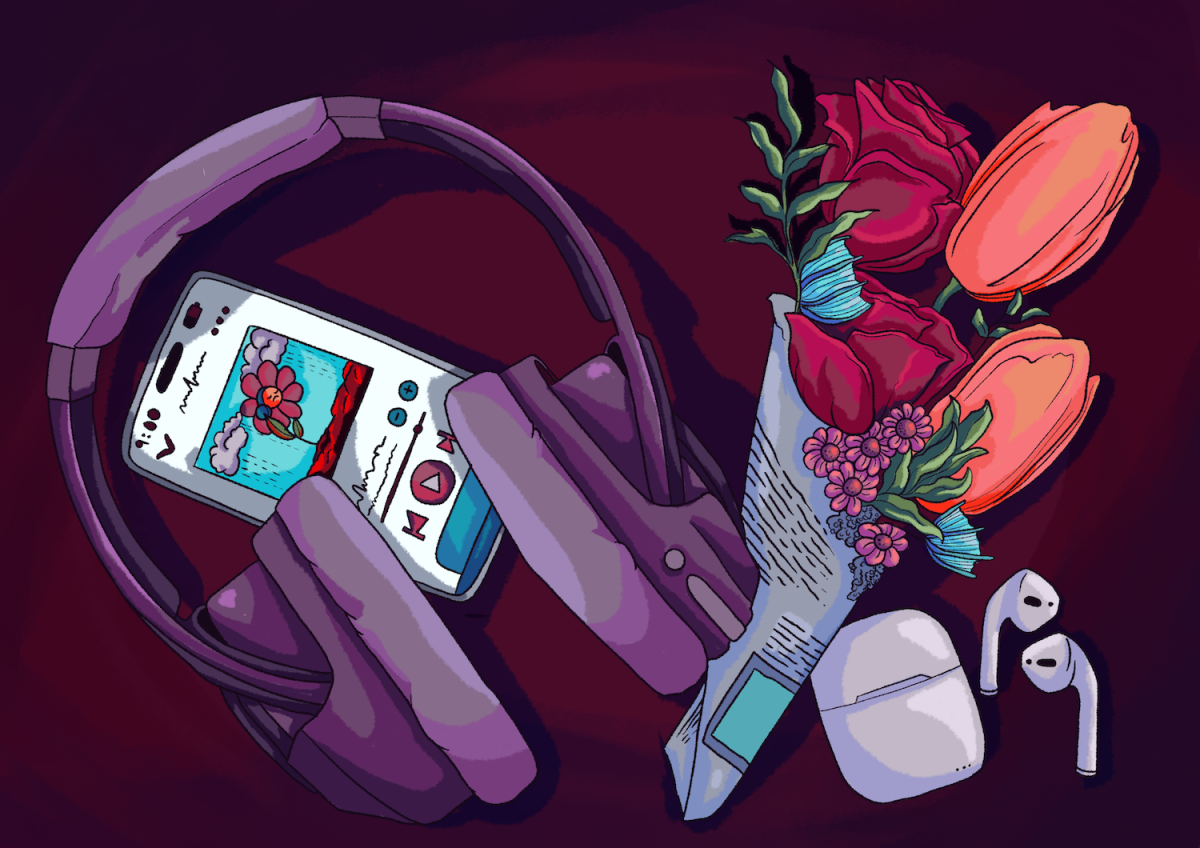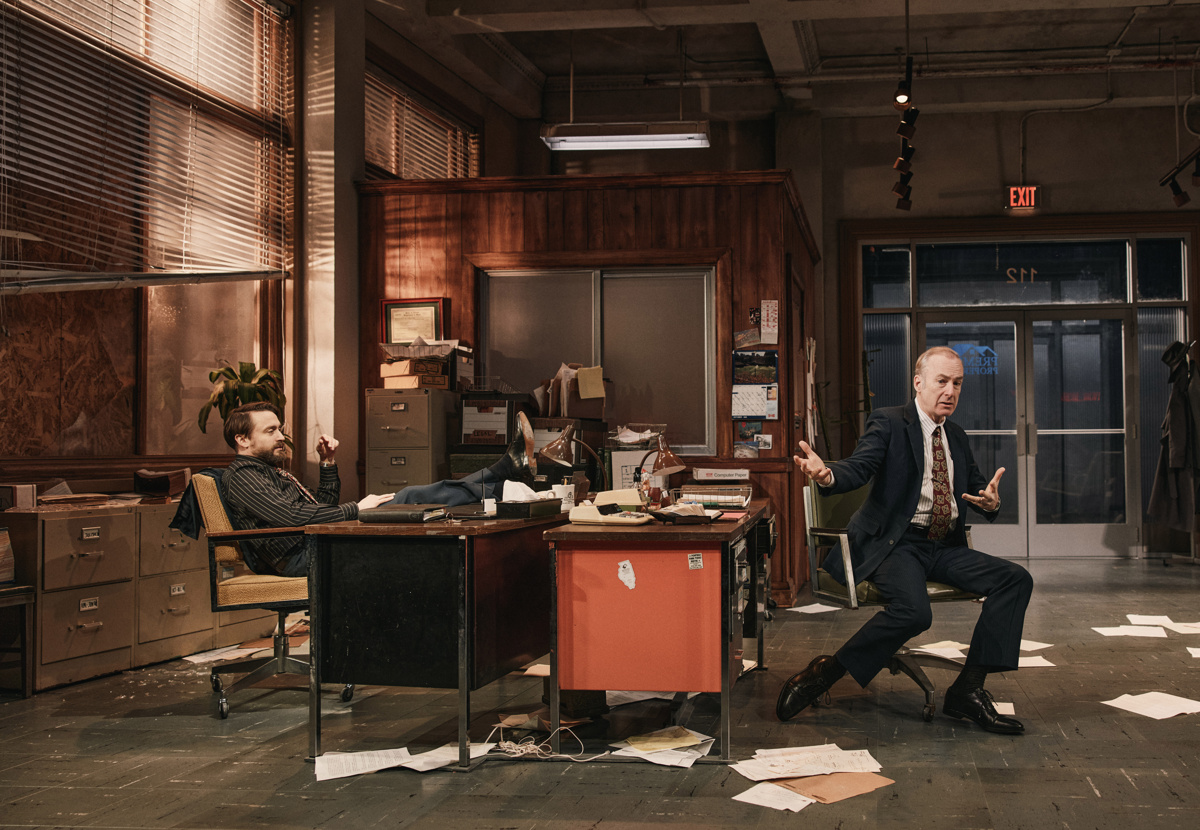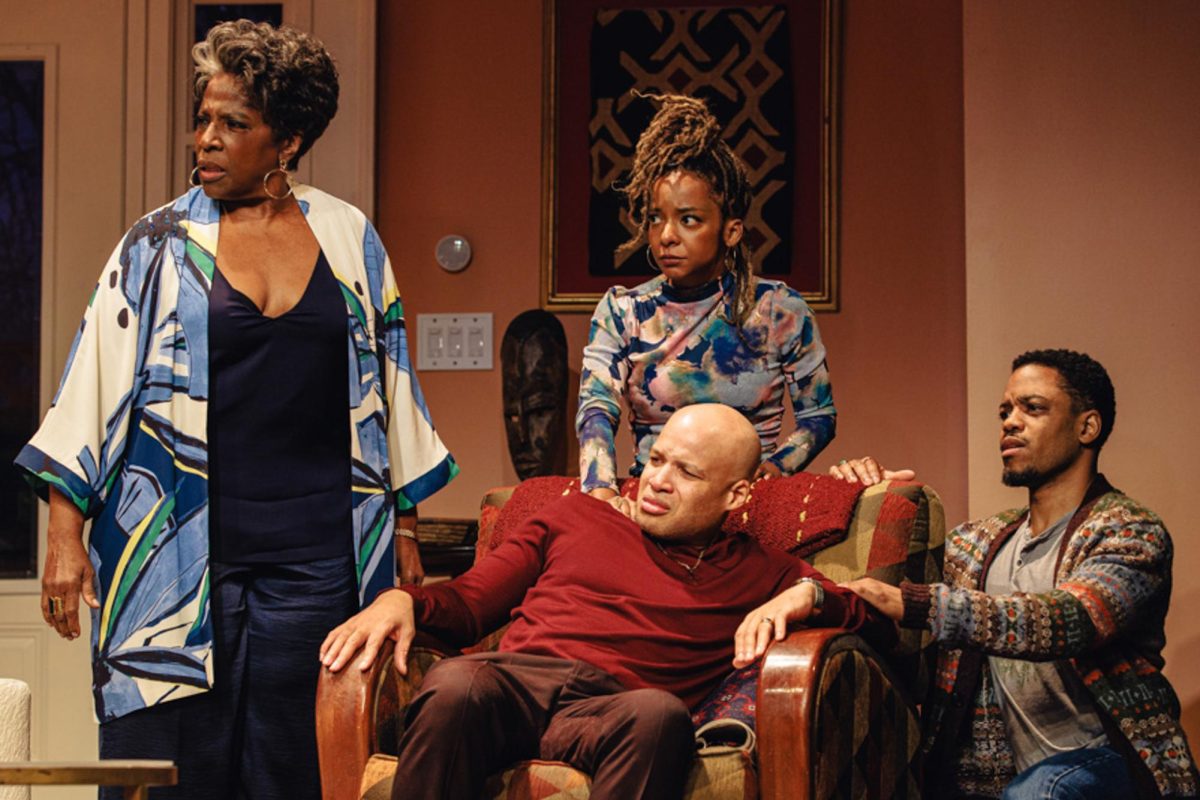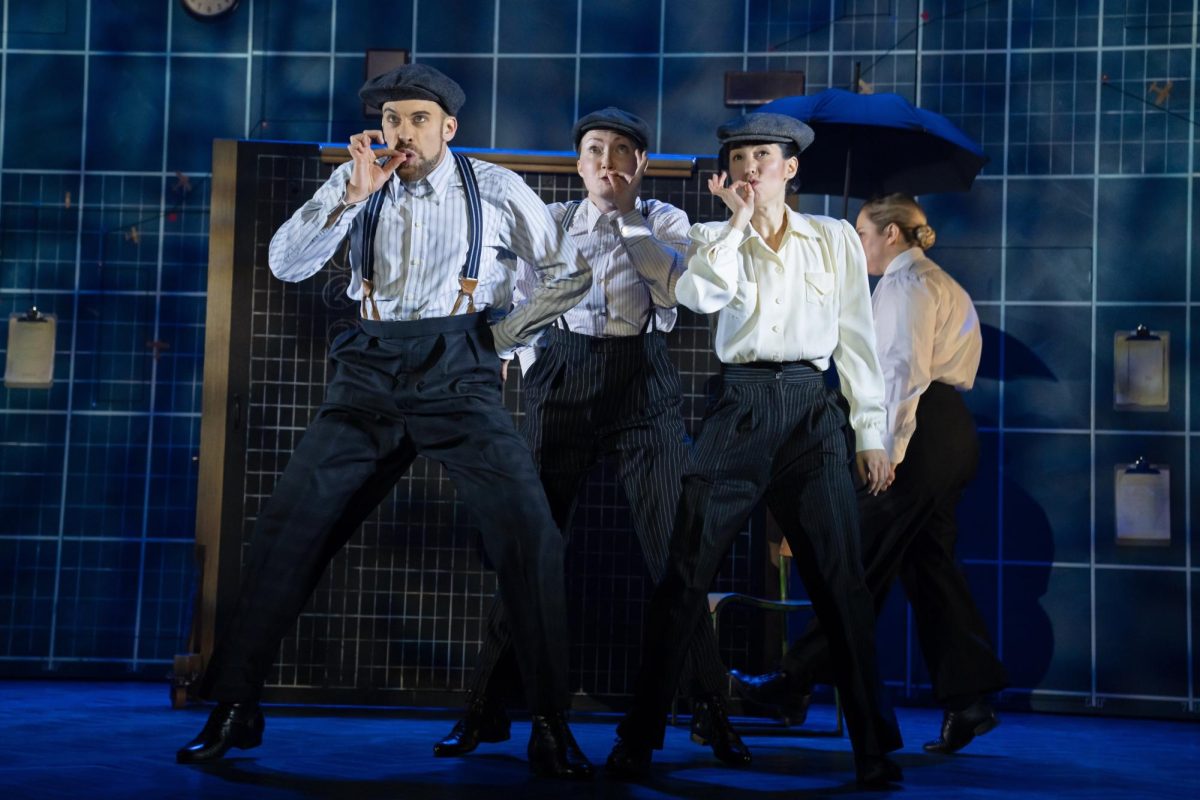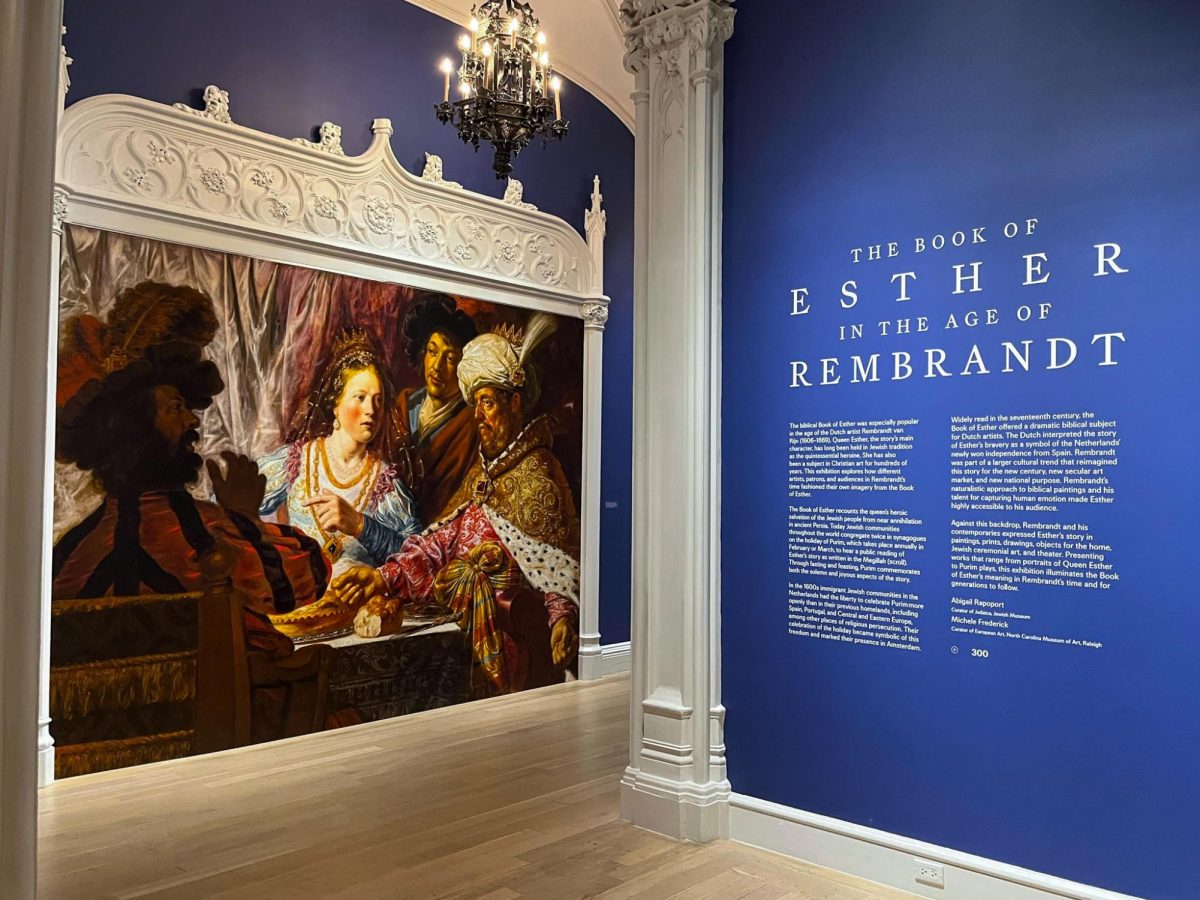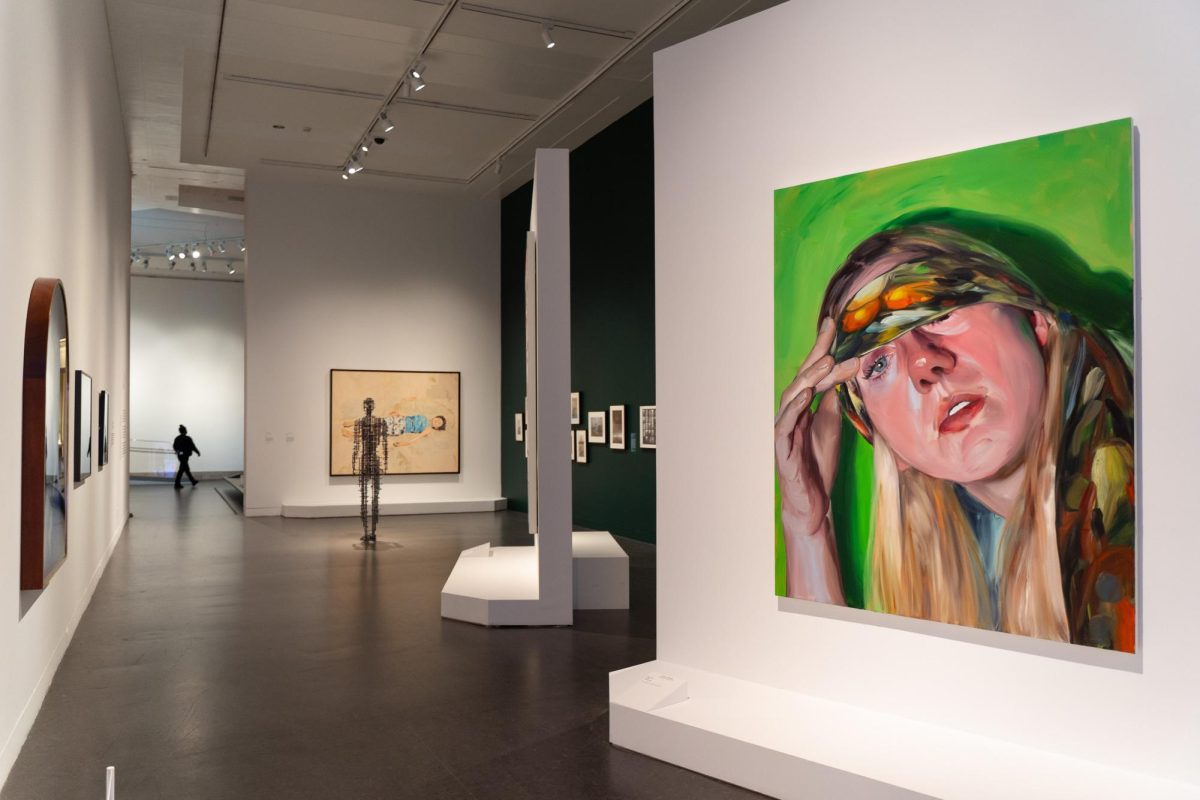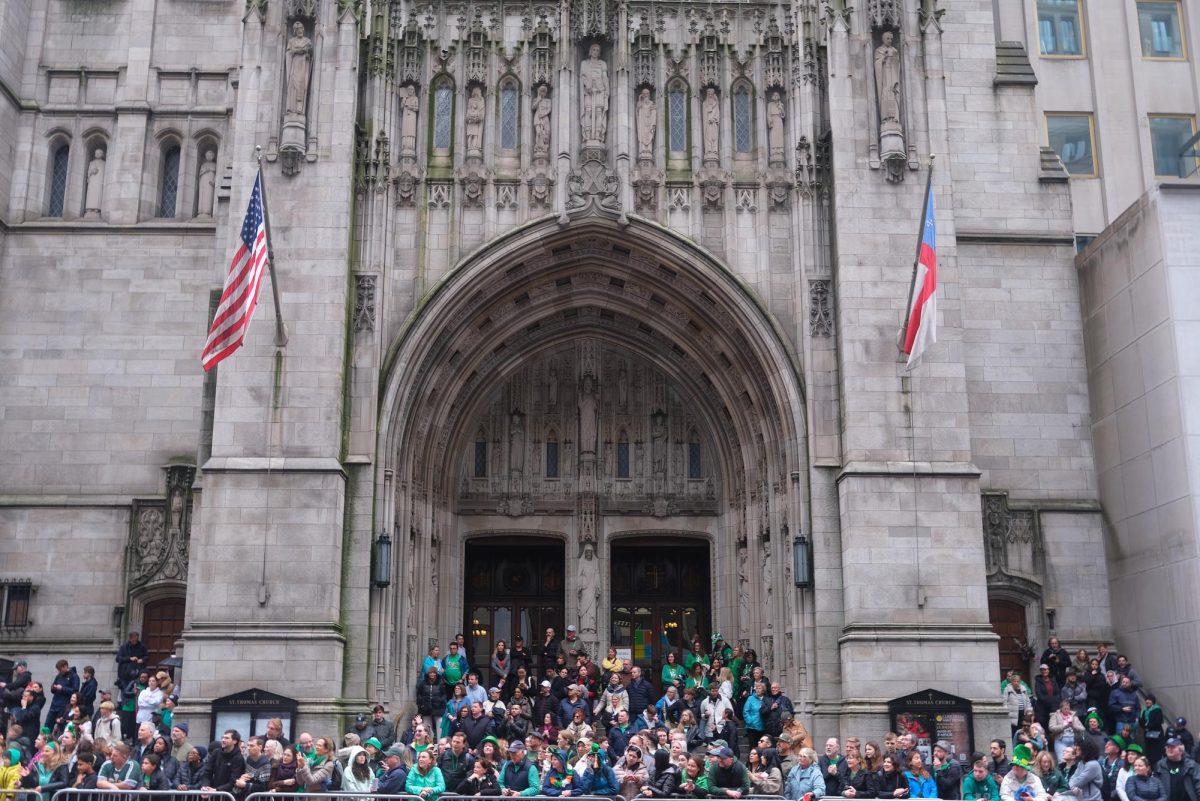Panel debates issues of translation
October 20, 2014
Language experts argued about the idea of untranslatable phrases on Oct. 20 in a discussion about philosopher and editor Barbara Cassin’s book “Dictionary of Untranslatables” at the Institute of Public Knowledge.
The panel was presented as part of “Minds in Migration,” a series of debates sponsored by the Cultural Services of the French Embassy and the College International de Philosophie, which sponsored the event along with NYU’s Maison Francais and Public Books.
The panelists included director of the Program in Translation and Intercultural Communication at Princeton University David Bellos; cultural counselor of the French Embassy and graphic novelist Antonin Baudry; and philosopher and New School professor Simon Critchey. The event was moderated by Rutgers professor Rebecca Walkowitz.
Walkowitz started the discussion by bringing up the concept of the untranslatable, on which the panelists had many conflicting viewpoints.
“I don’t believe anything is untranslatable,” Bellos said. “What people get fixated about, which is really just a diversion — a completely unnecessary complication — is the translation of words. Words as such, of course, are totally untranslatable. You can’t translate ‘of,’ it’s what it is that’s communicated by that act of speech or writing.”
While in English it is titled “Dictionary of Untranslatables,” the French version of Cassin’s book was originally translated as “European Vocabulary of Philosophies.”
“What’s interesting to me is mapping and understanding the symptoms of differences between languages,” Cassin said. “This is untranslatable.”
Walkowitz also discussed the difference between translating texts into English versus other languages and whether this puts more pressure on translators, which sparked a debate among the panelists.
“When you’re translating into English, the pressure on you is enormous,” Bellos said. “Everybody has a stake in it, and you know full well that the translation will almost certainly be used to translate into other languages.”
Baudry’s graphic novel and political satire “Quai d’Orsay” was translated into English and released in May under the name “Mass Weapons of Diplomacy.” Baudry wrote the book under the pseudonym Abel Lanzac.
“Because the American culture is something everyone knows and wants to interact with, the pressure may be more of a subconscious thing,” Baudry said. “Comic book translations are aimed toward Americans.”
CAS senior Mackenzie Cash, who attended the lecture and is an editorial assistant at Public Books, said she was interested by the divisions between the language experts.
“I was really intrigued by the concept, which I think Bellos and Baudry argued about — the translating to English first,” Cash said. “[I found it interesting that] Baudry thought he was translating for Americans and Bellos thought he was translating more for the English-speaking world.”
A version of this article appeared in the Tuesday, Oct. 21 print edition. Email Illana Berger at [email protected].

